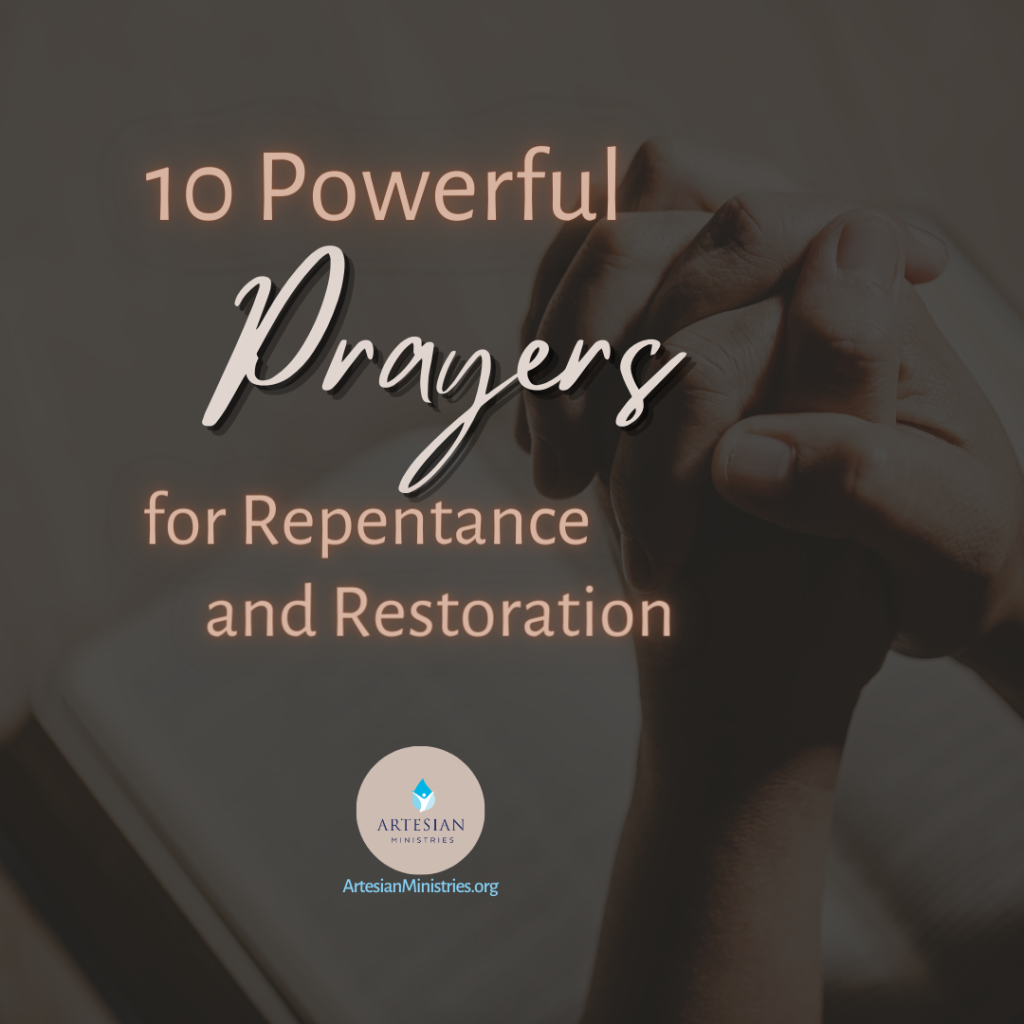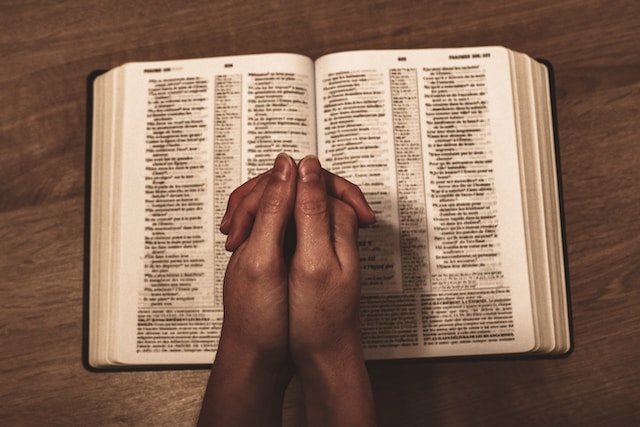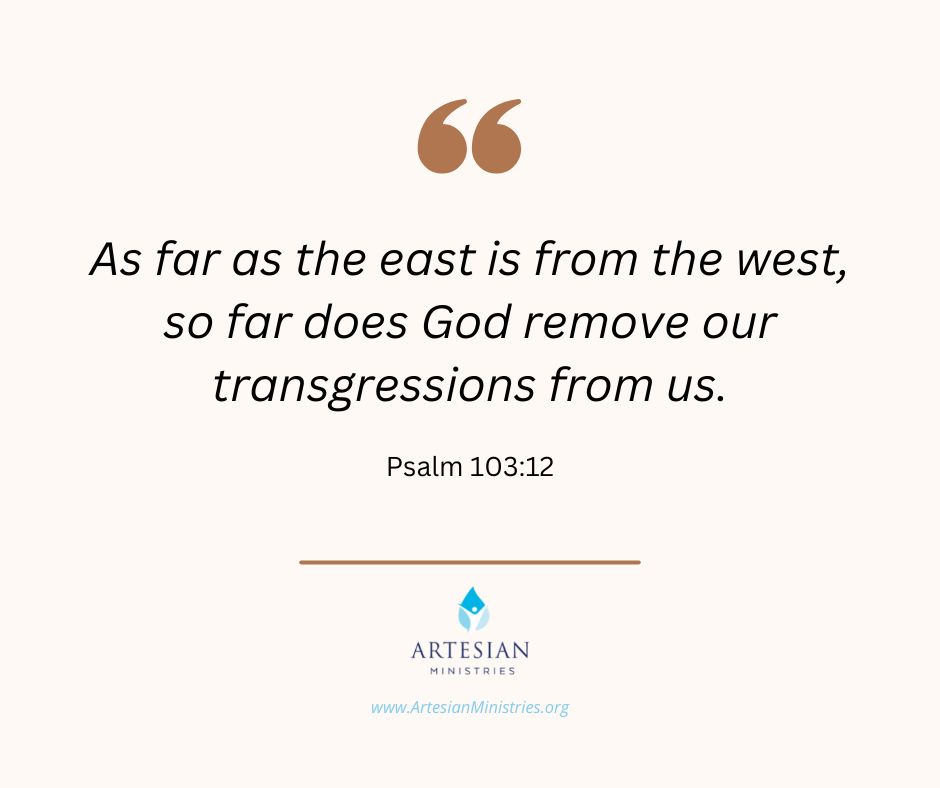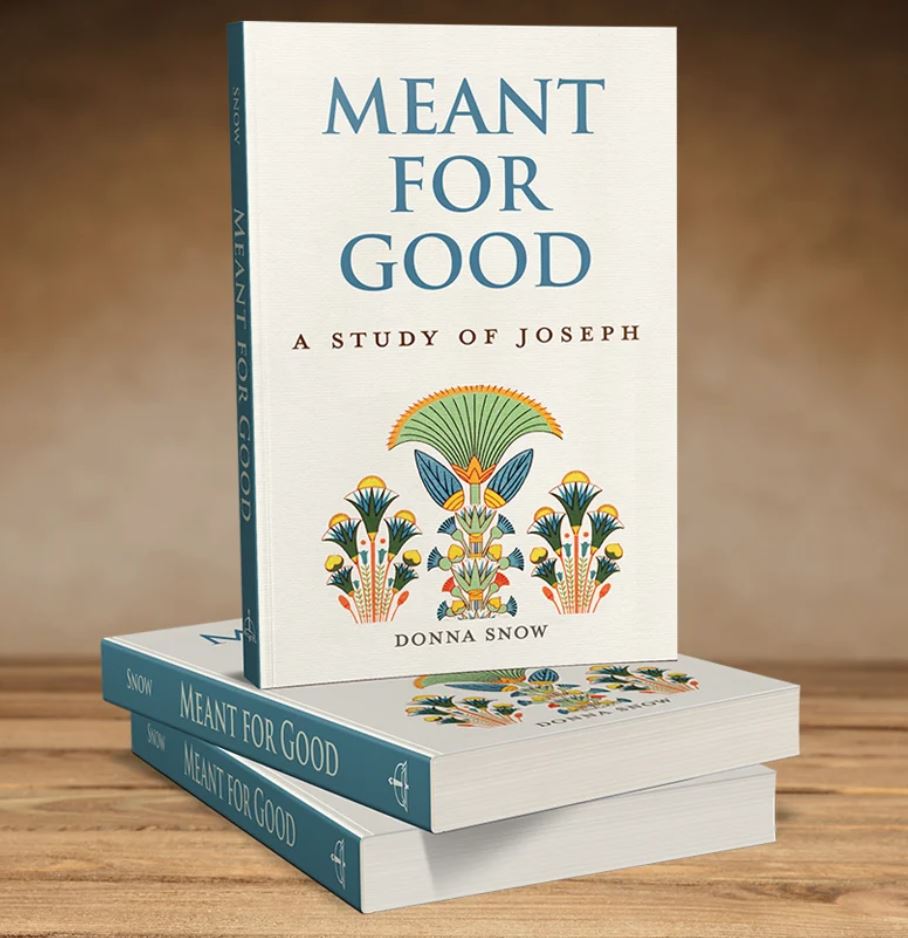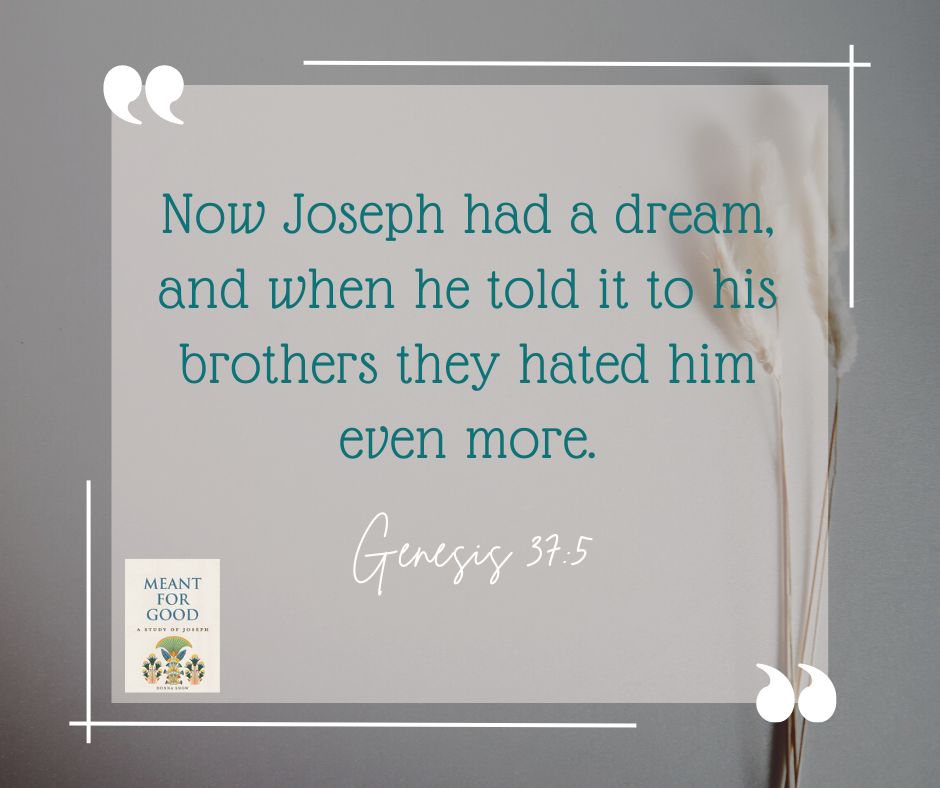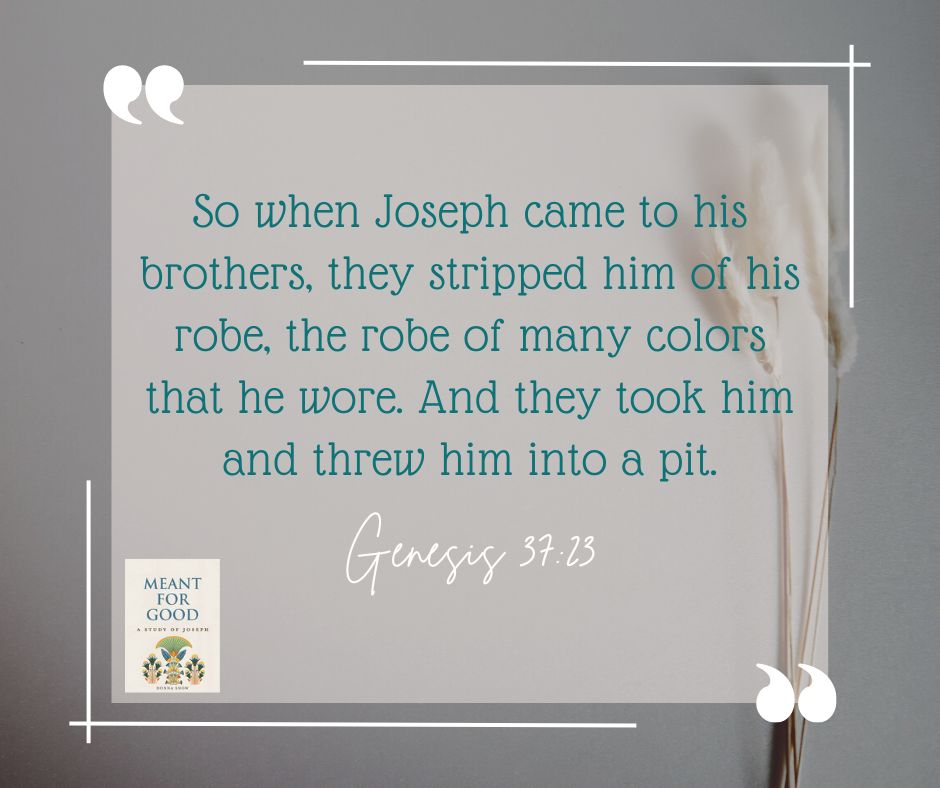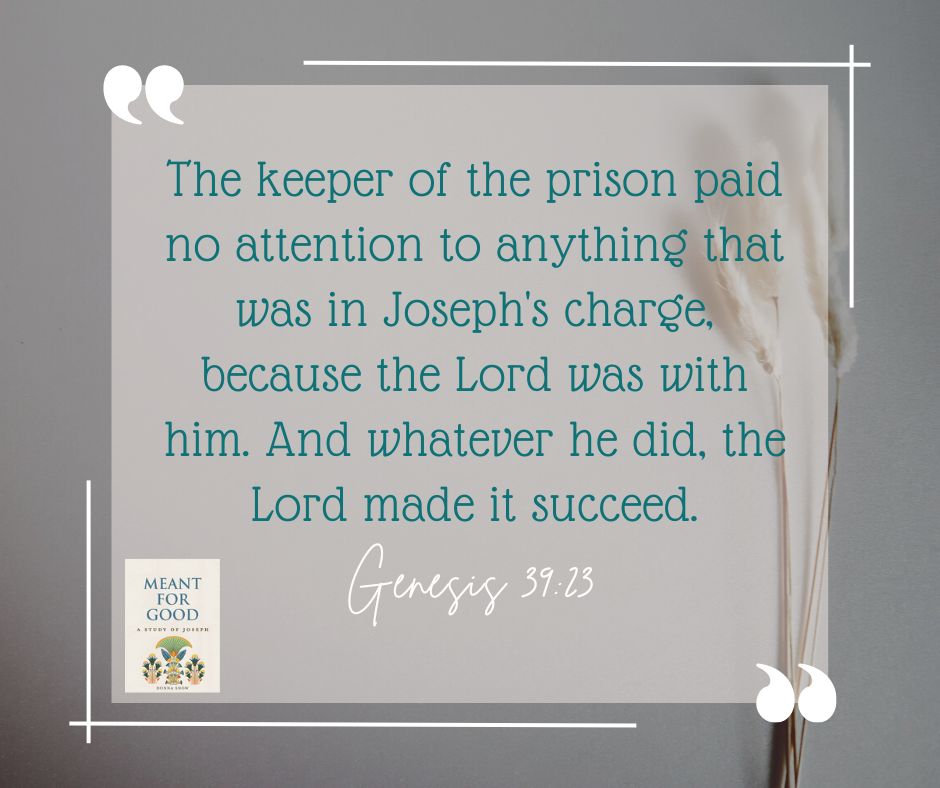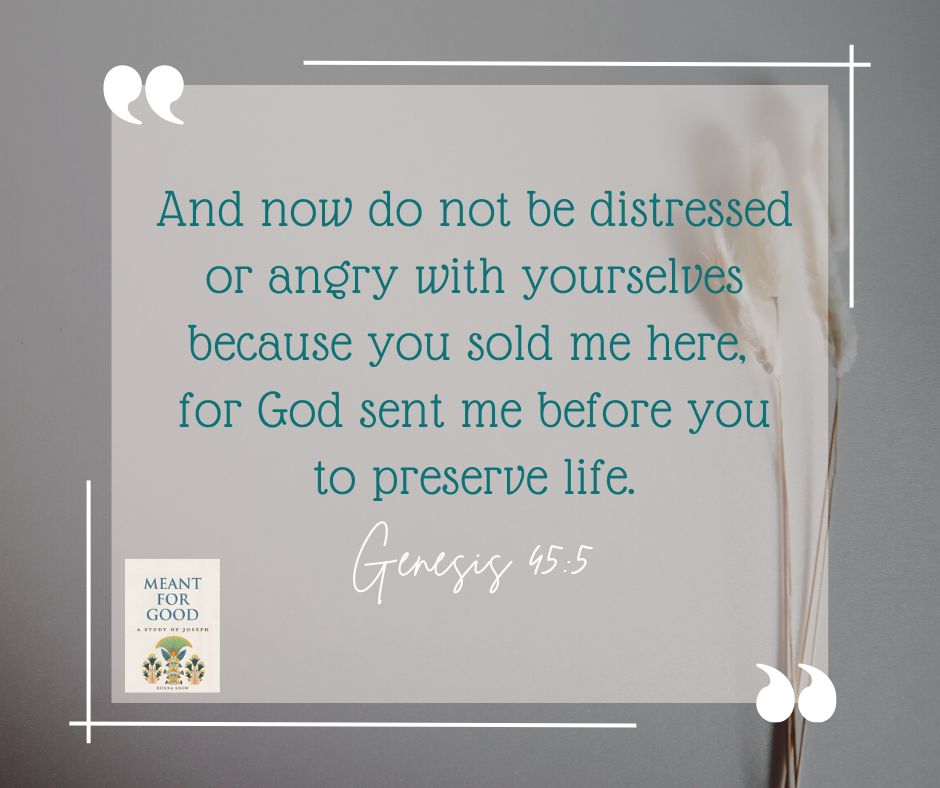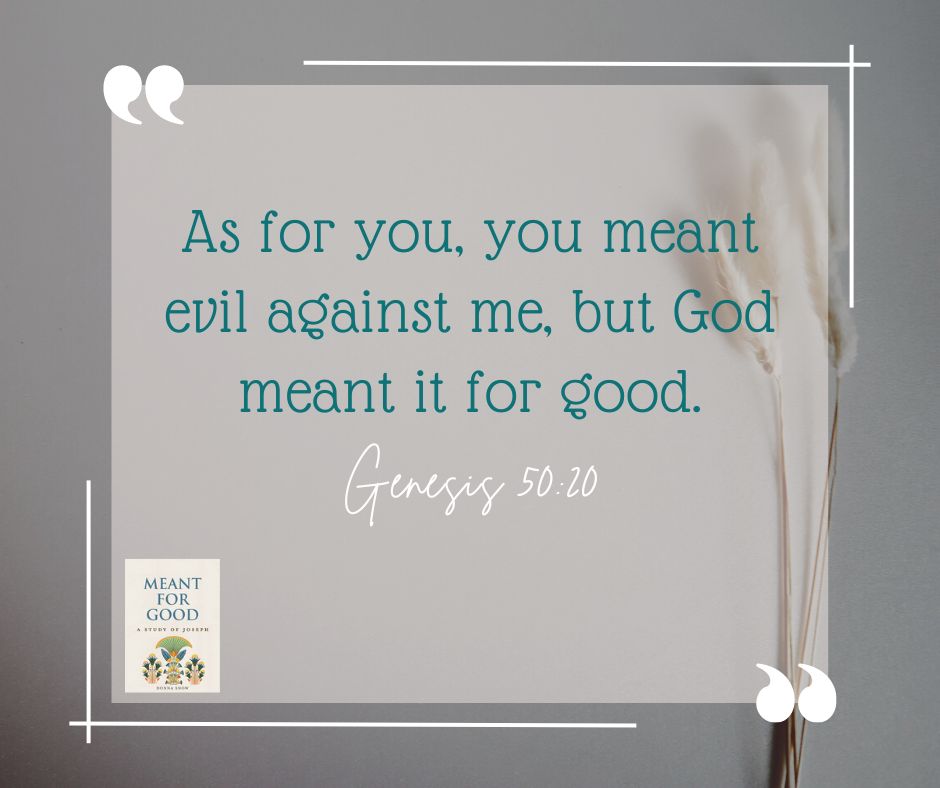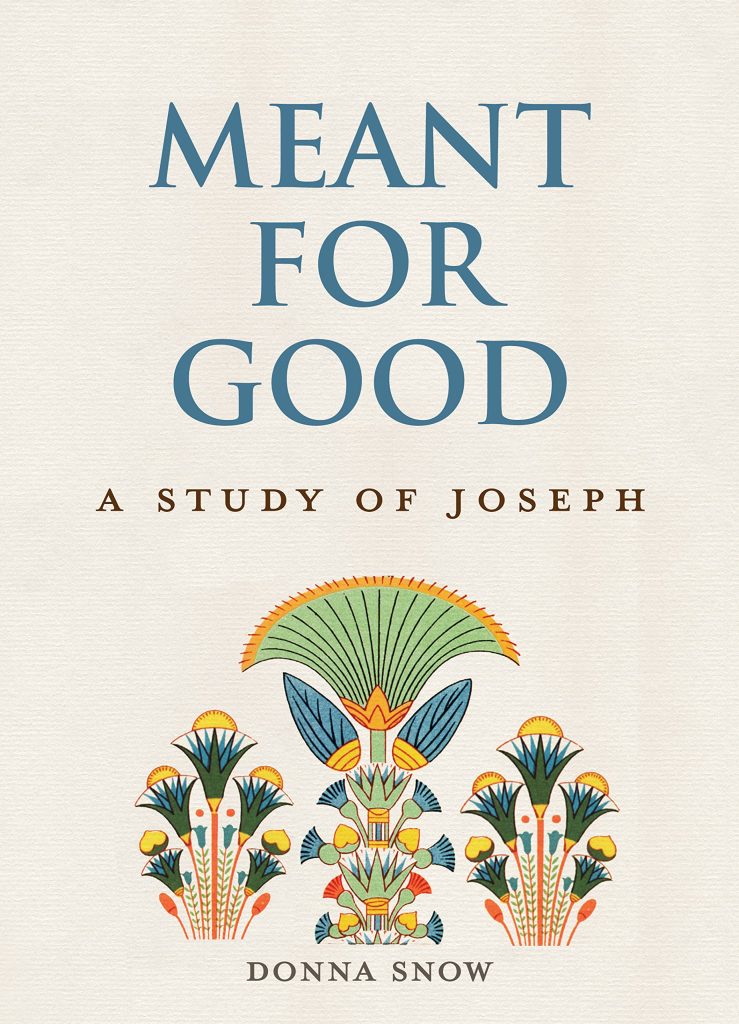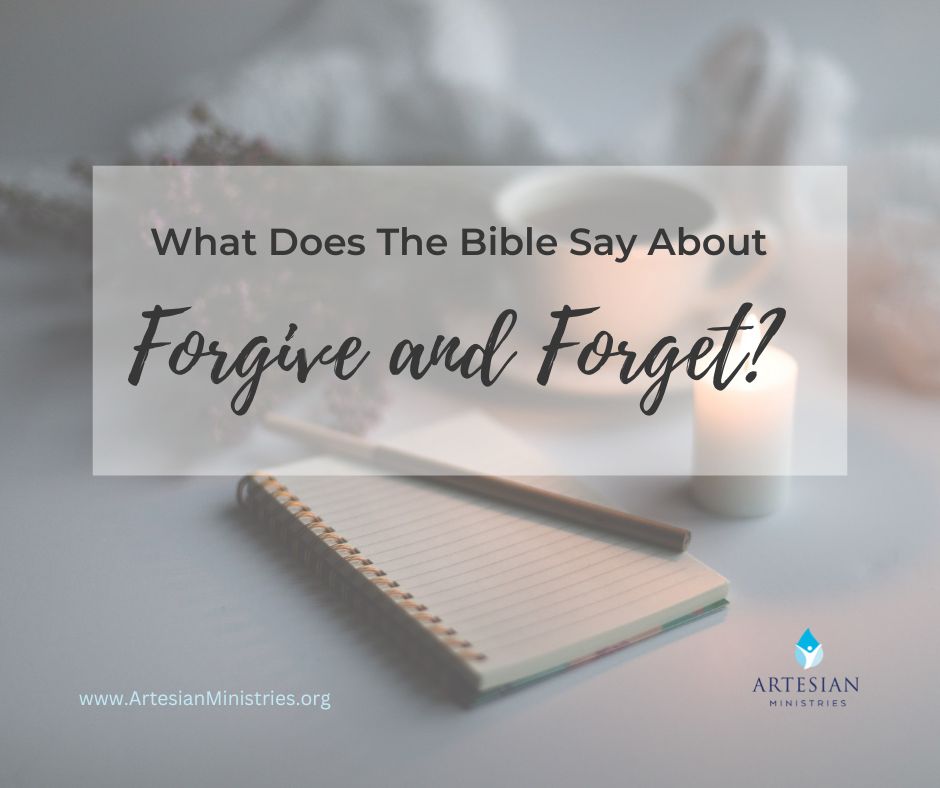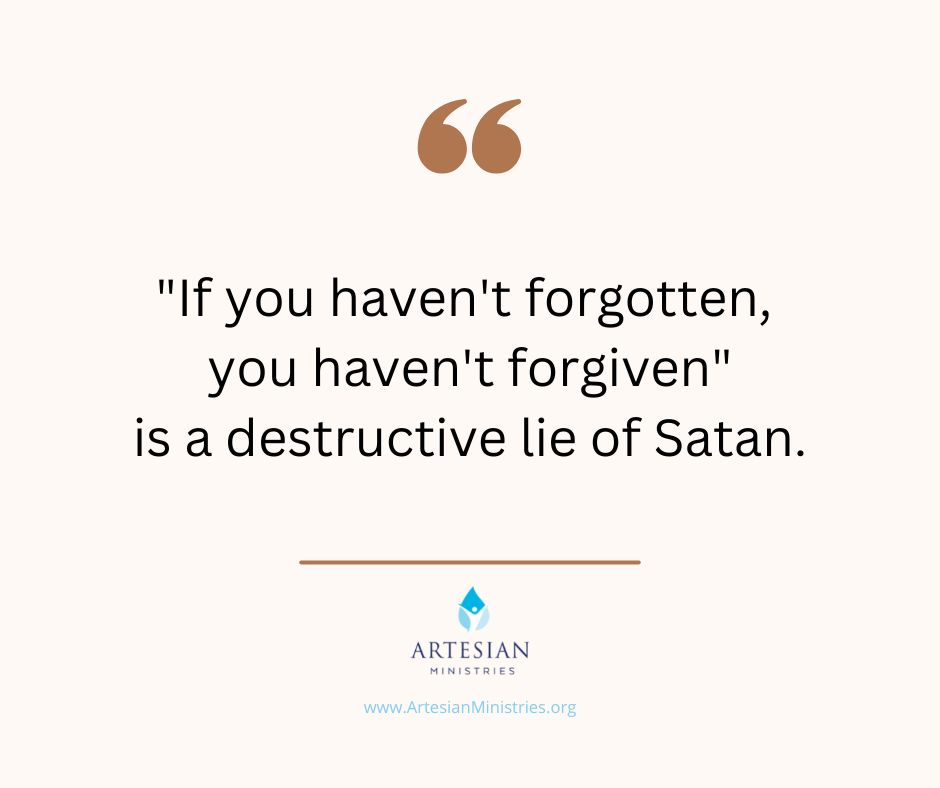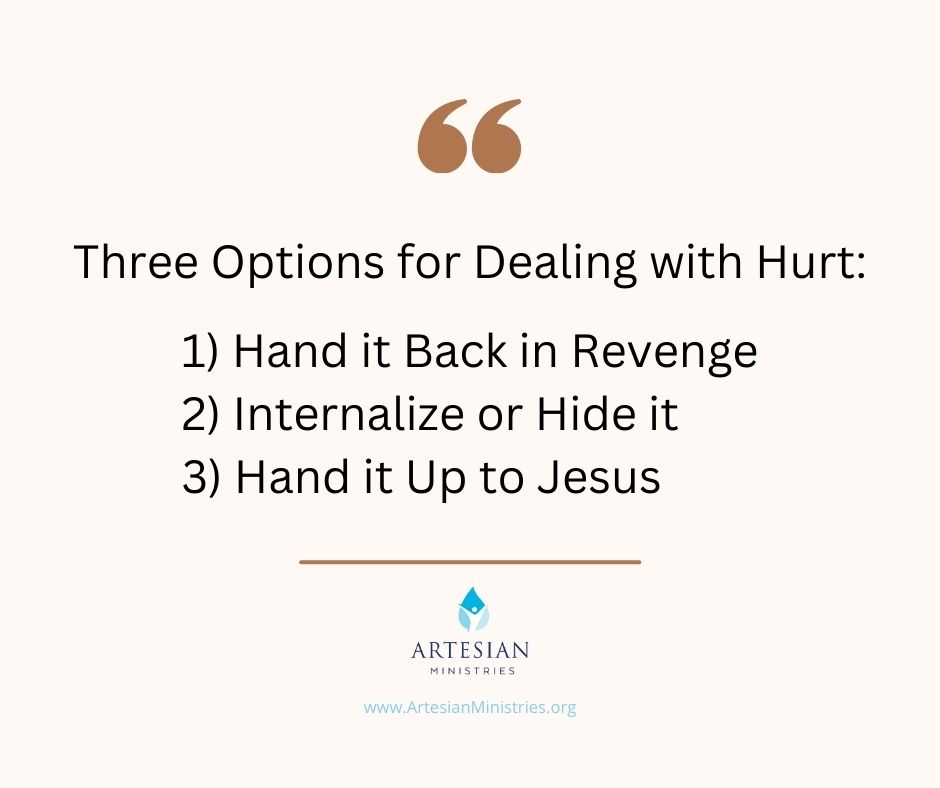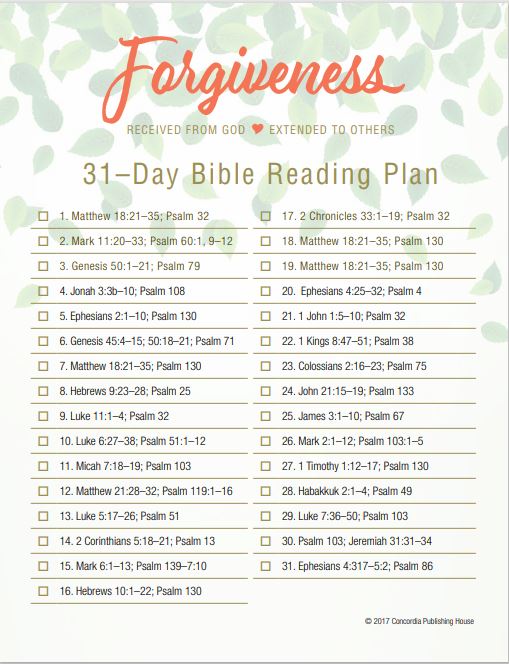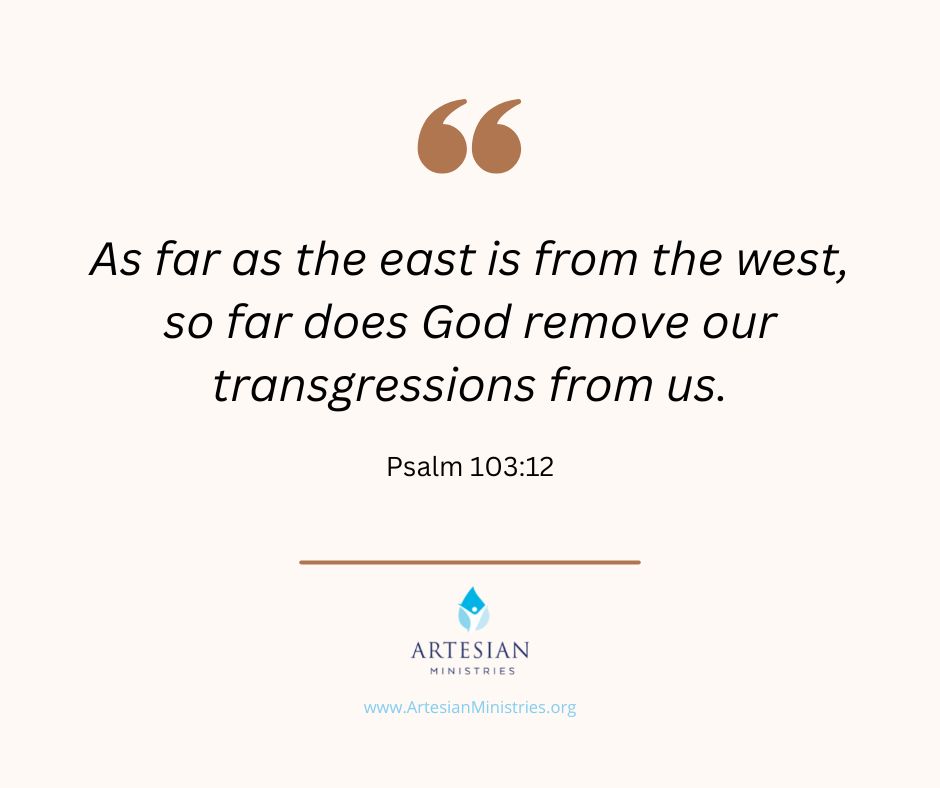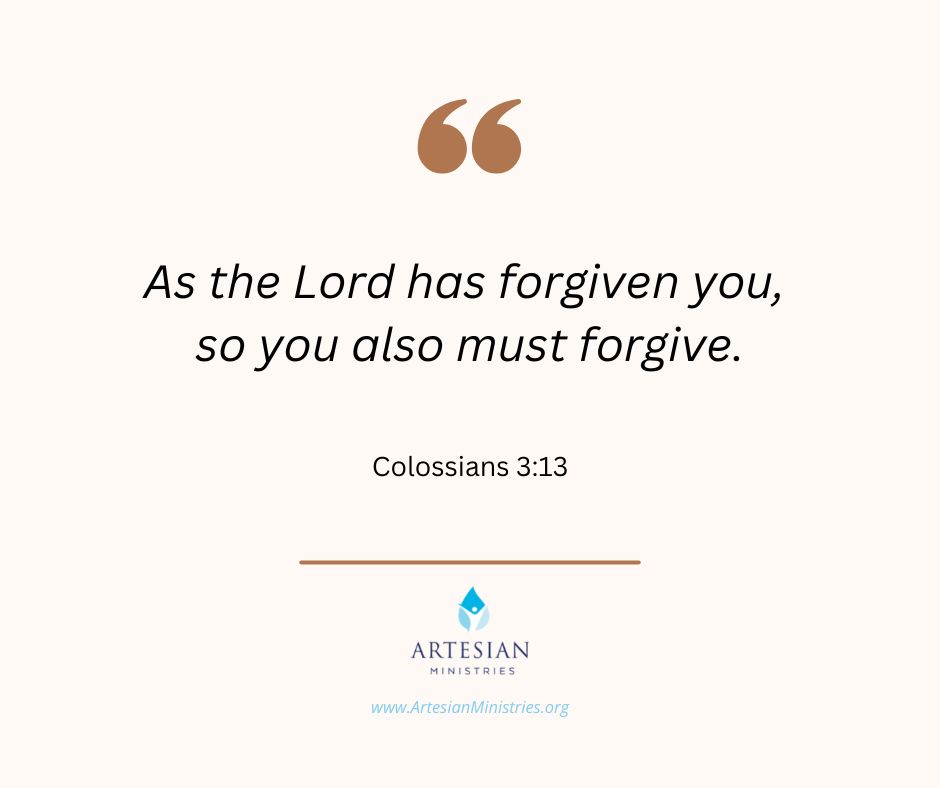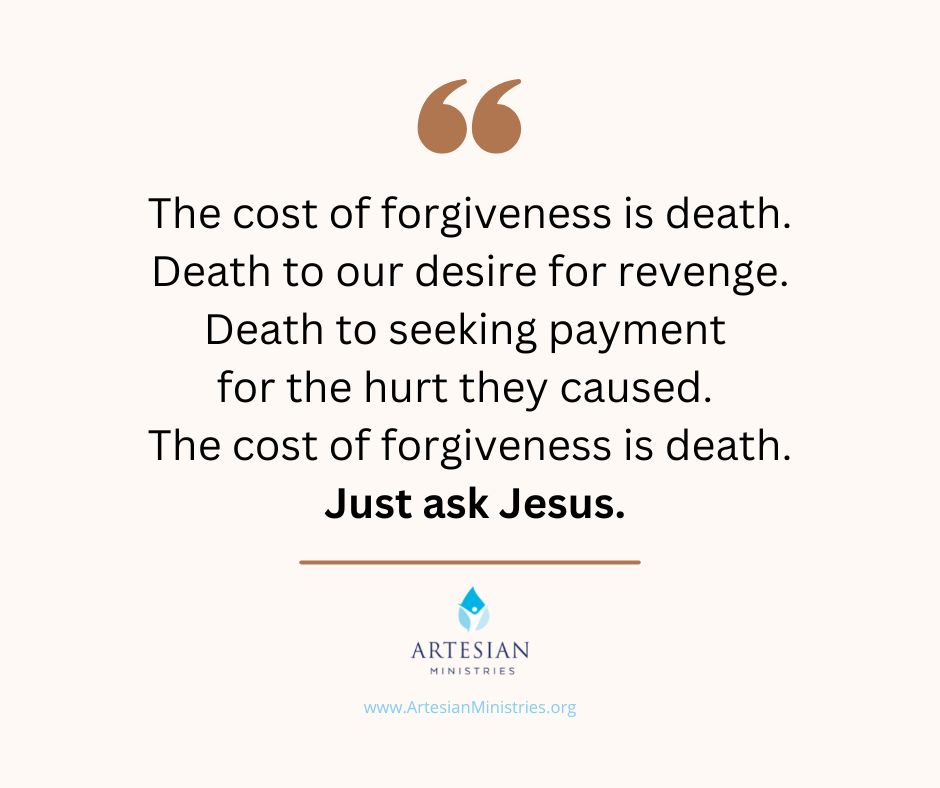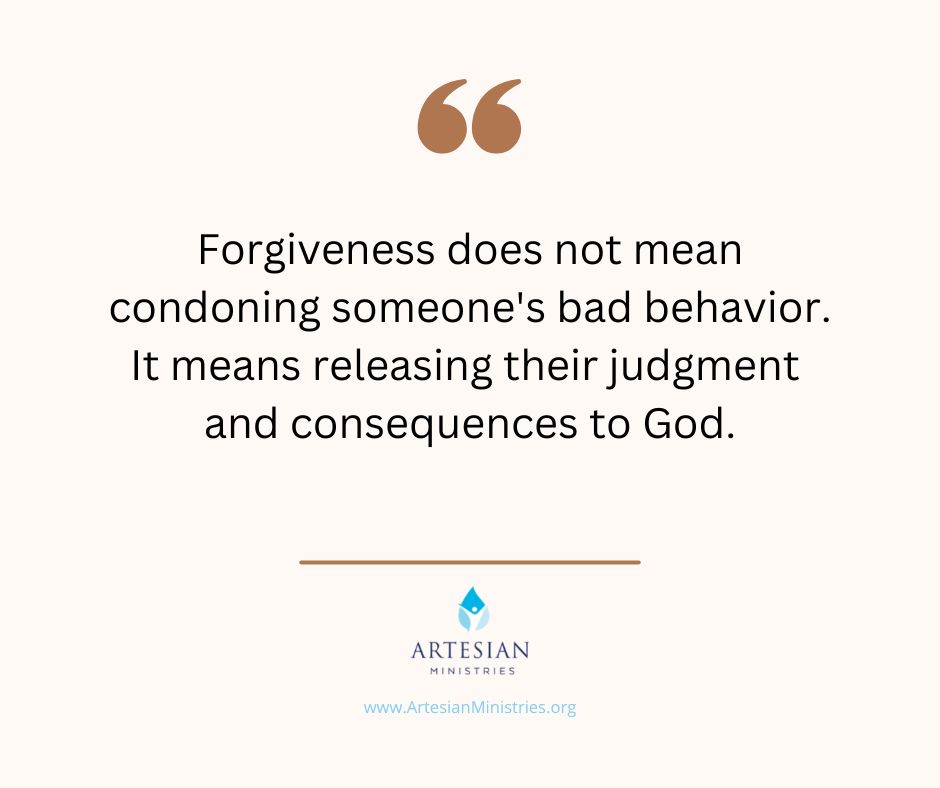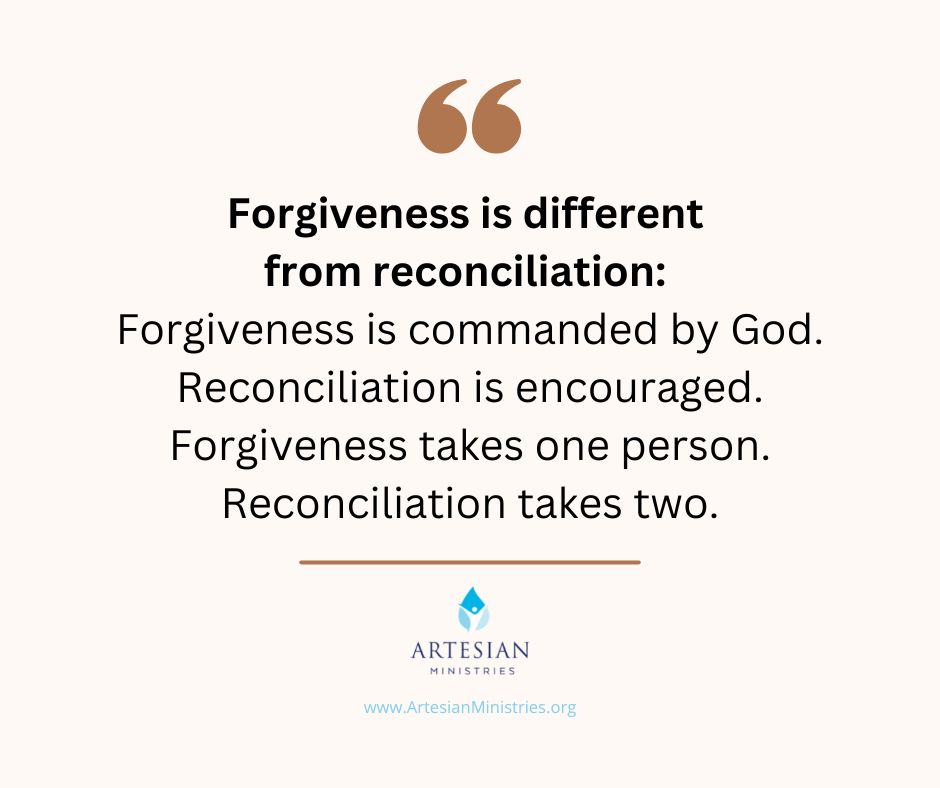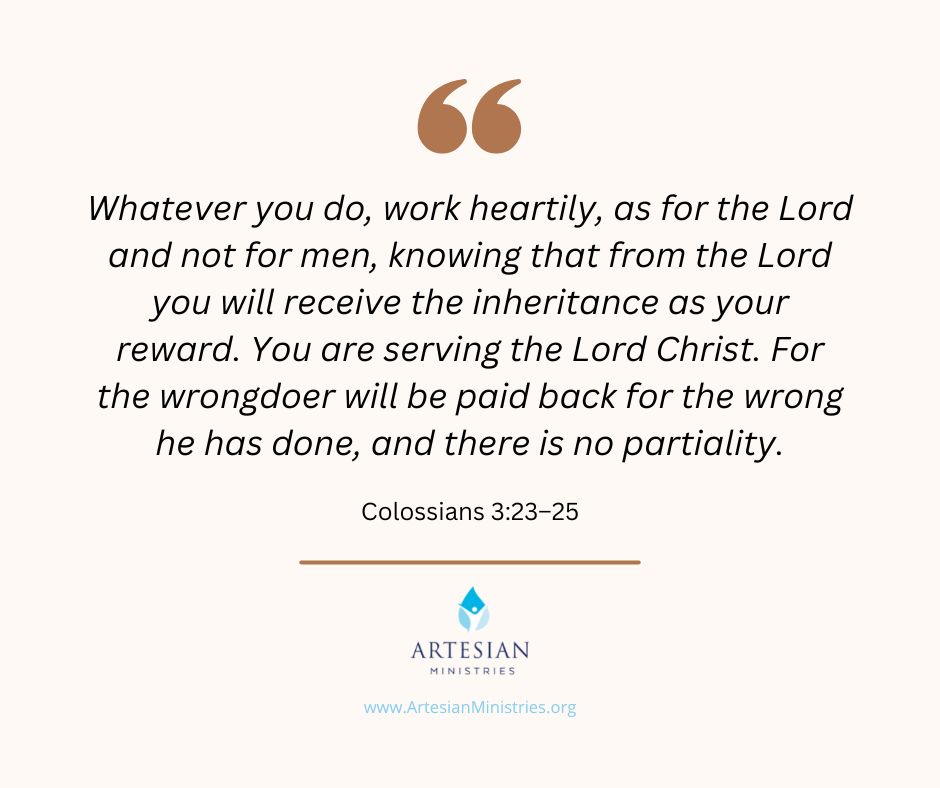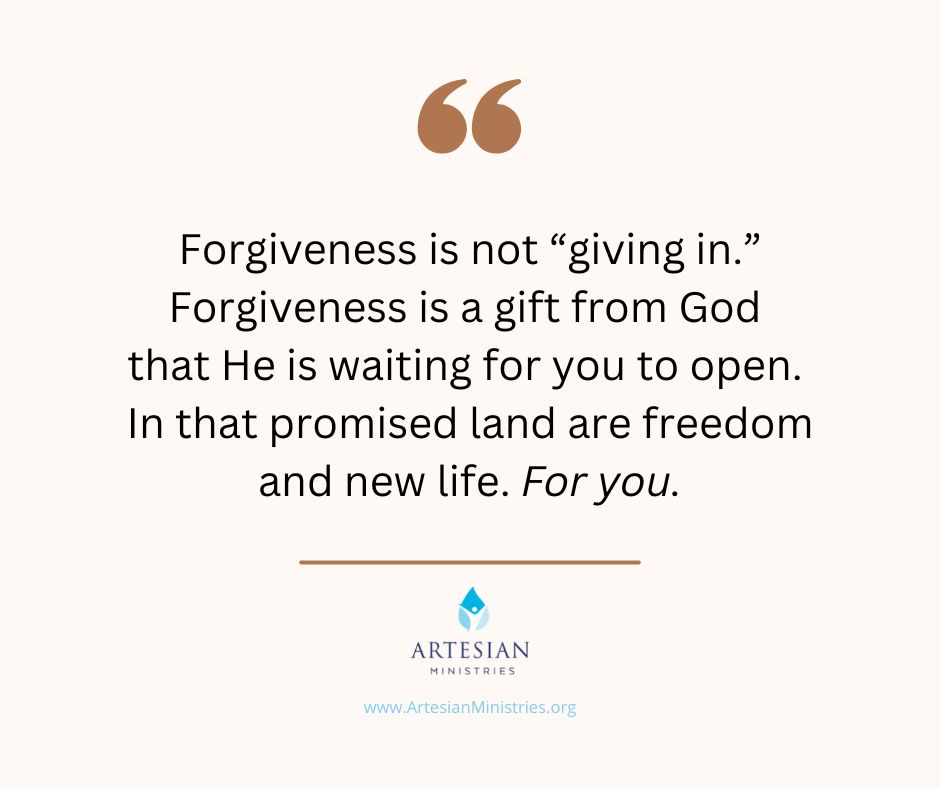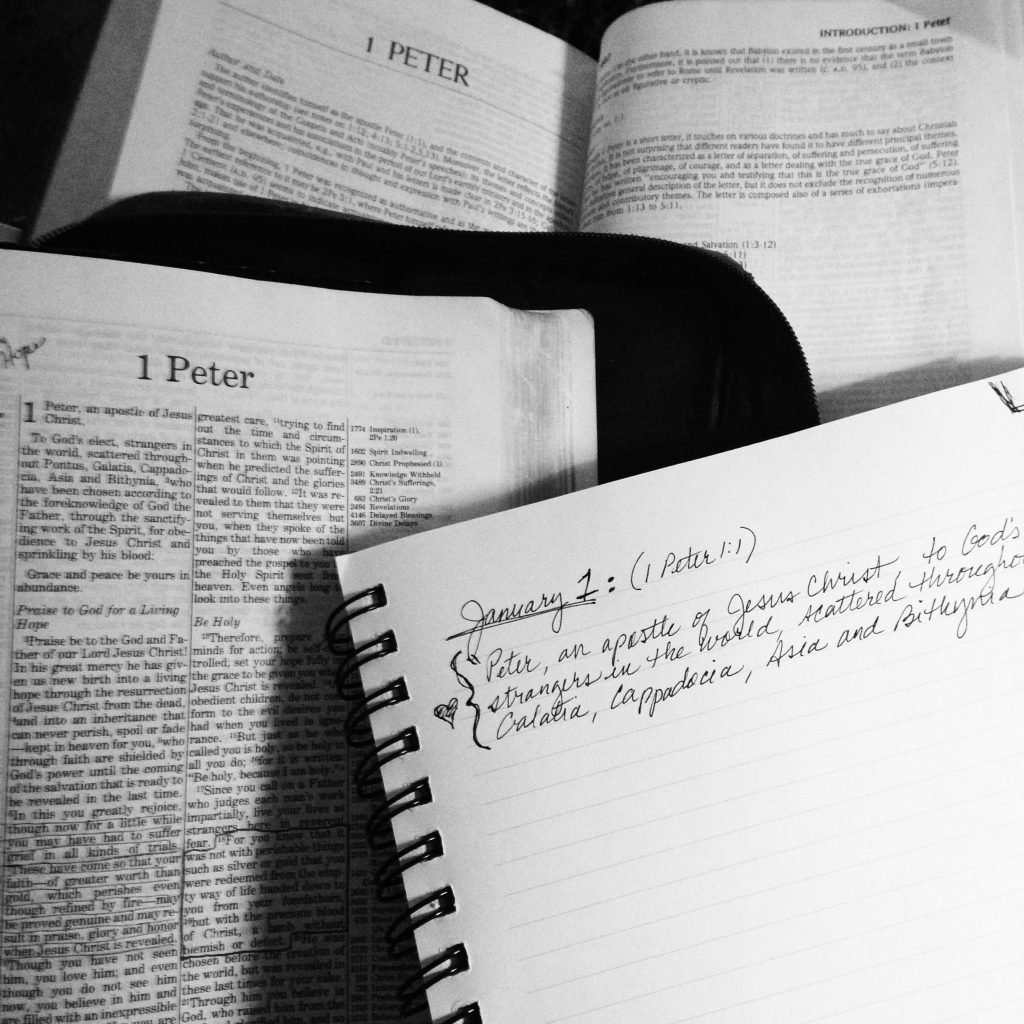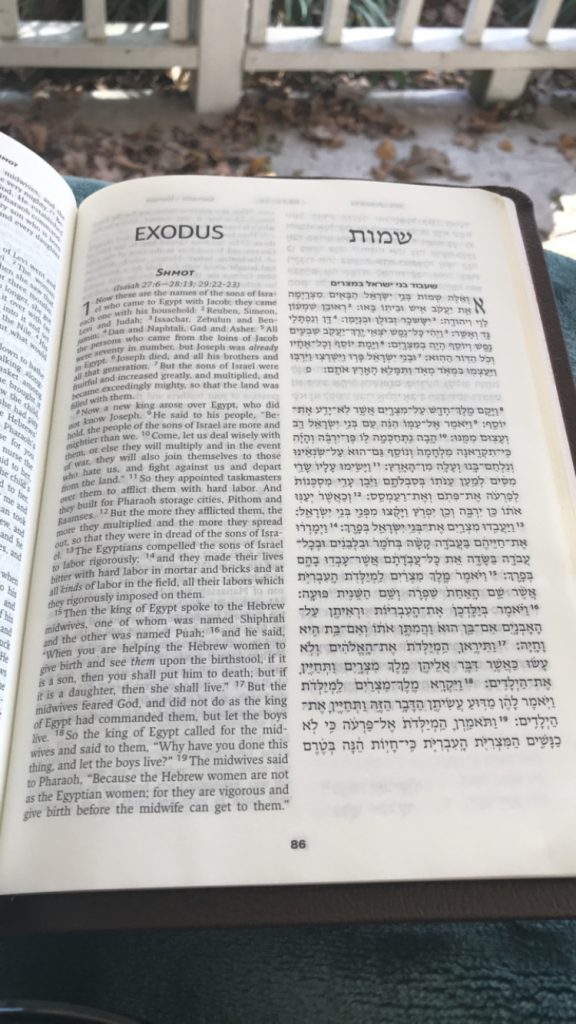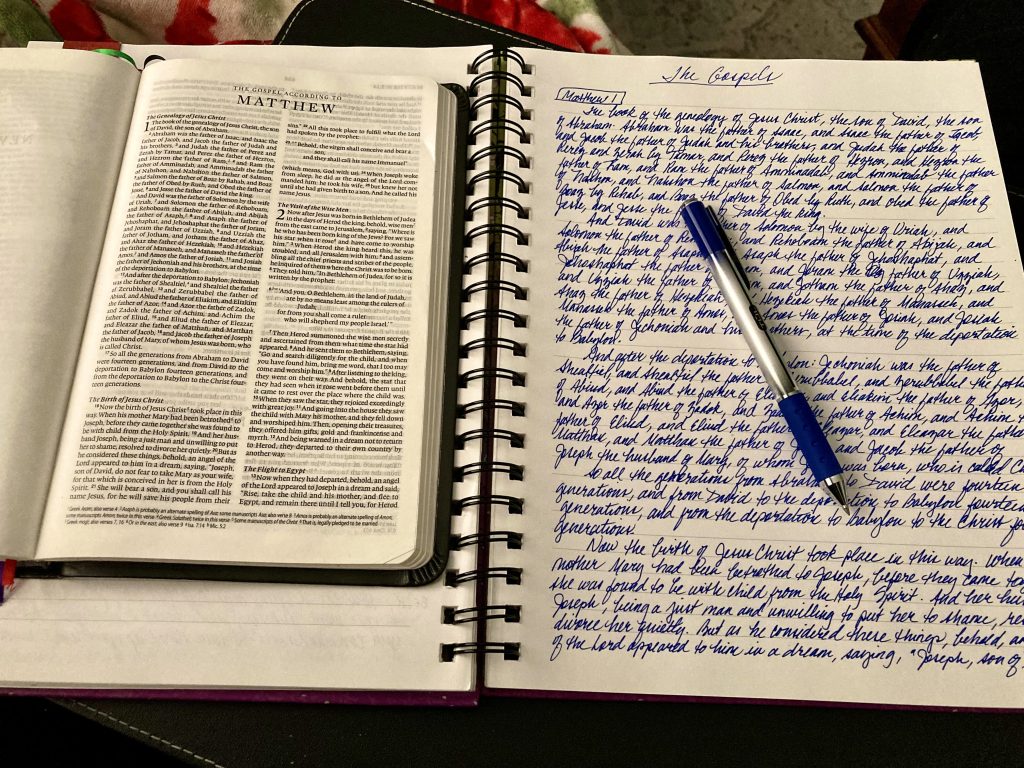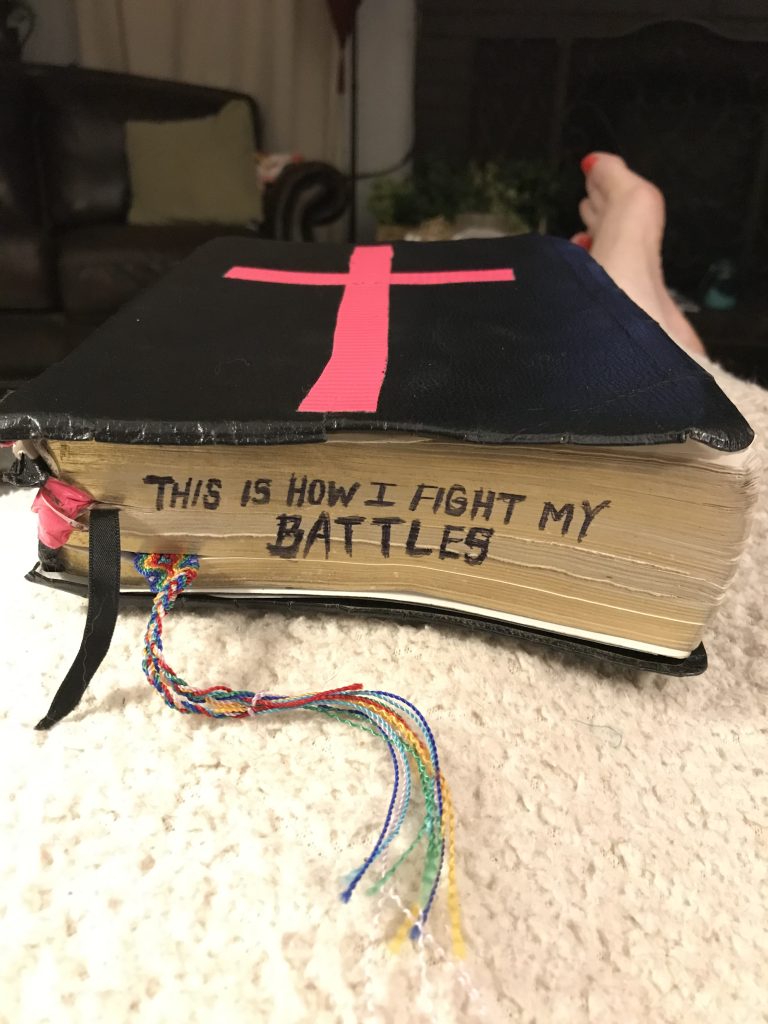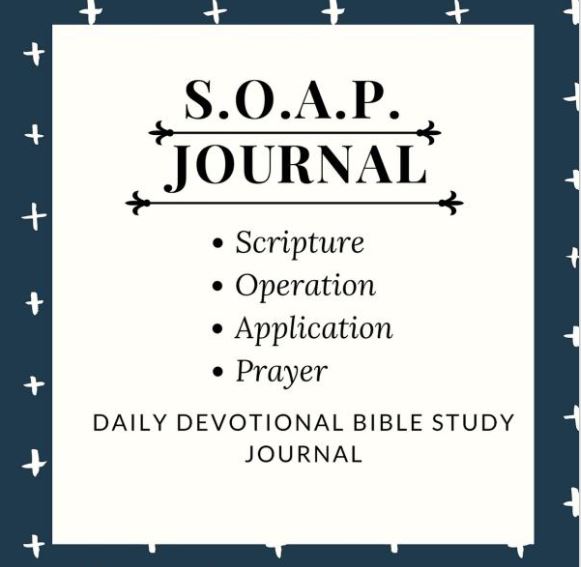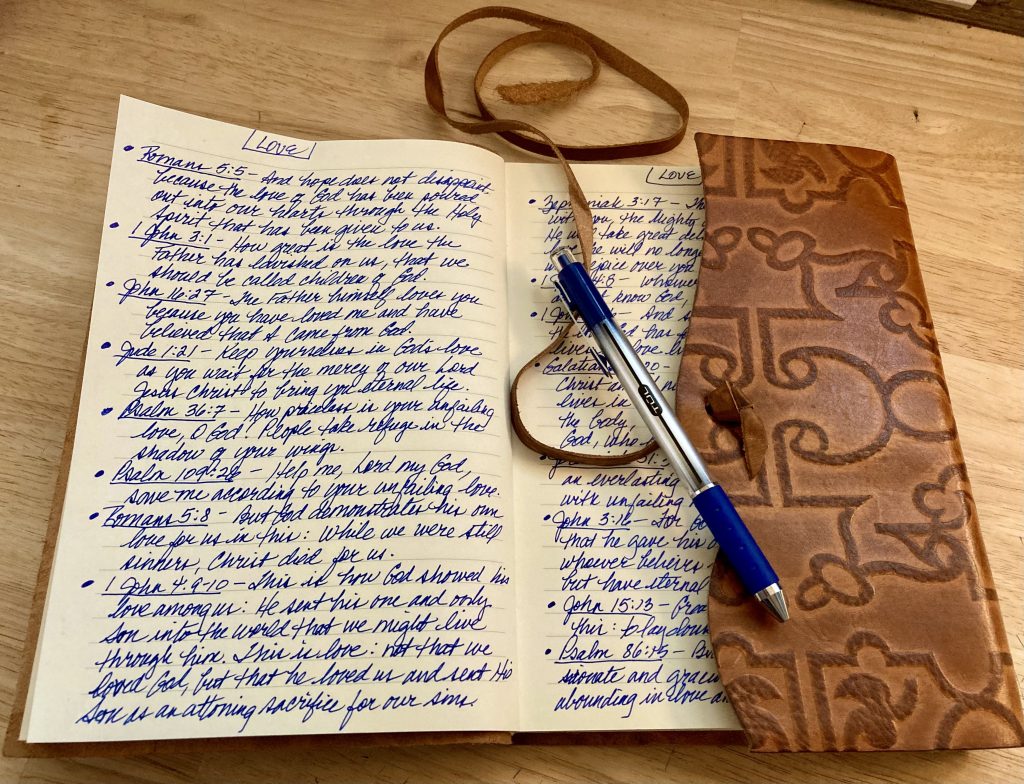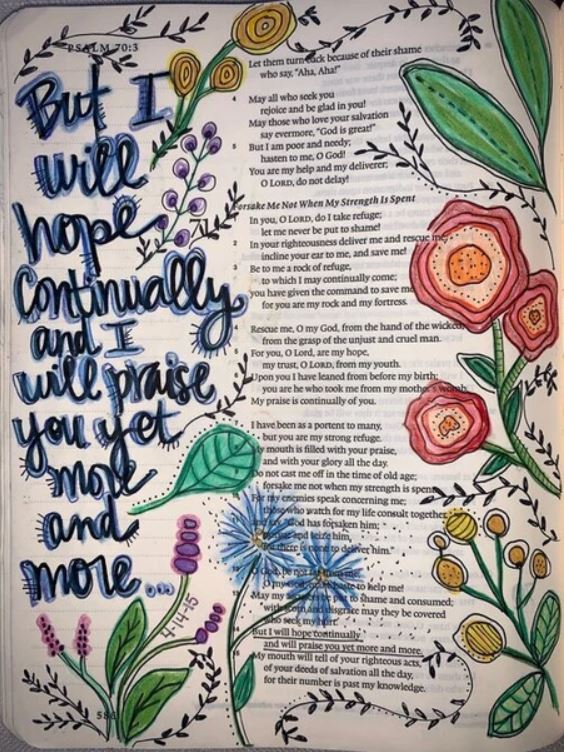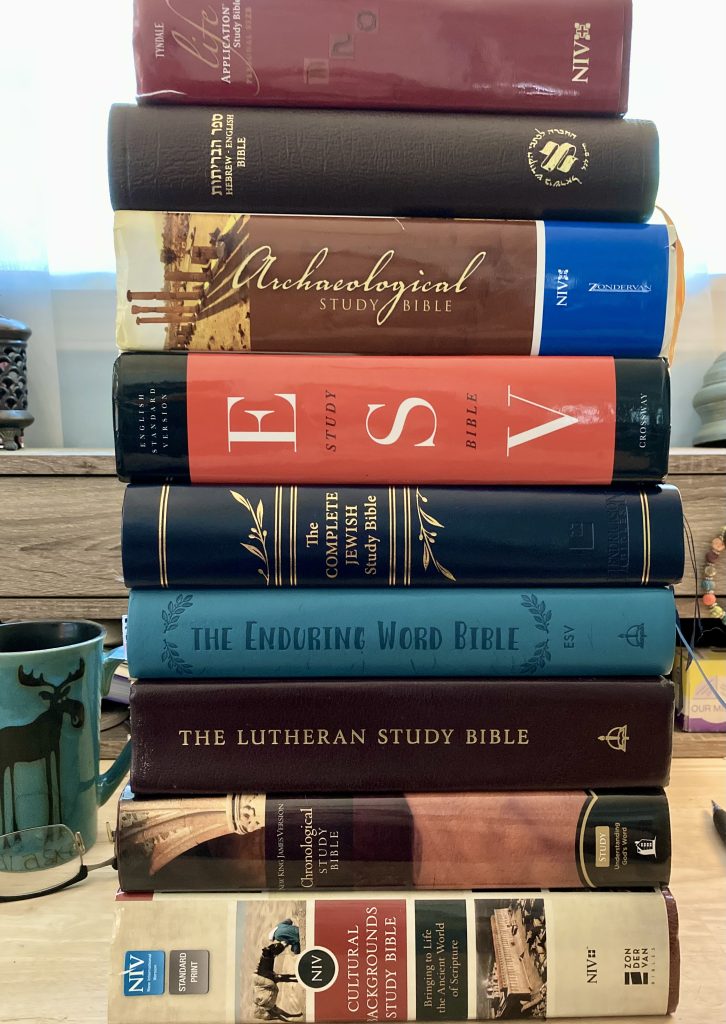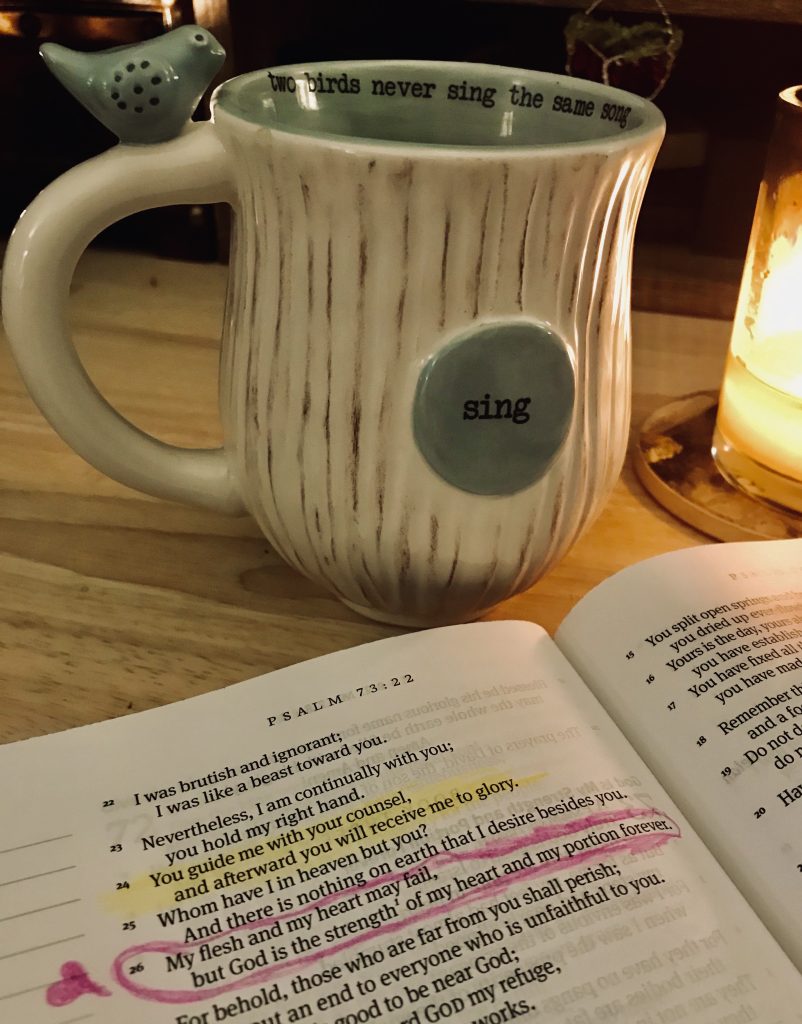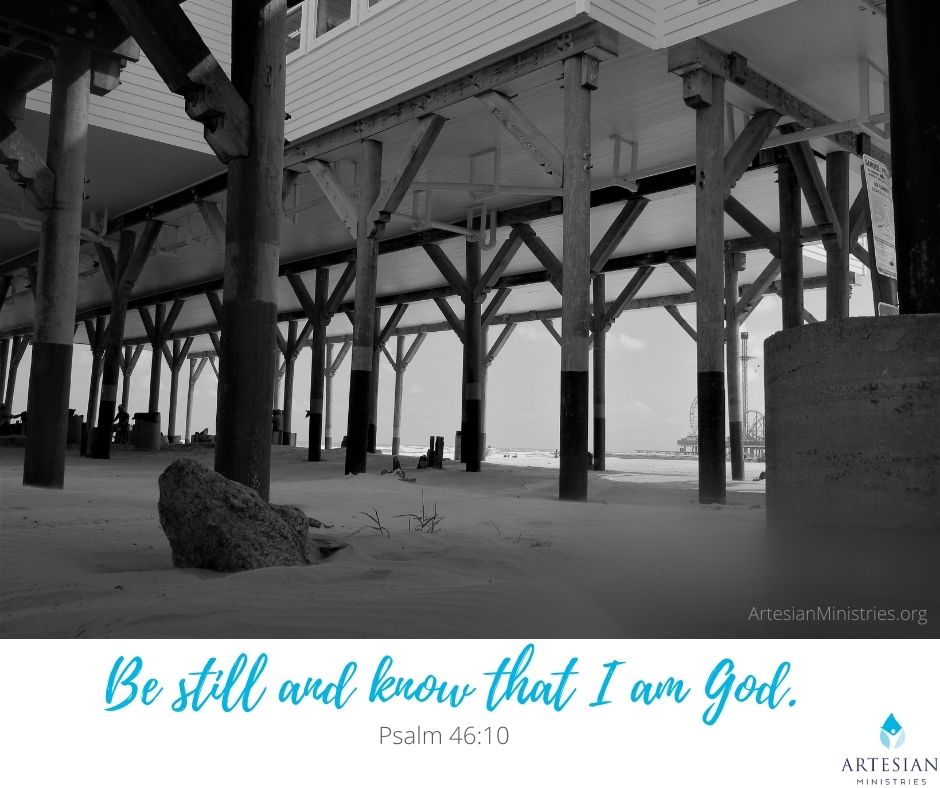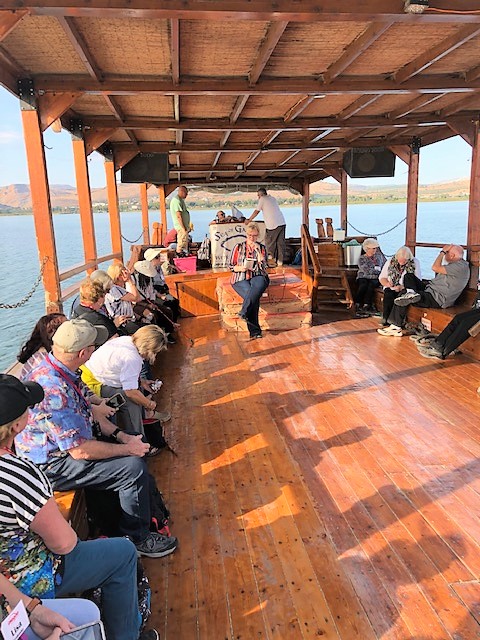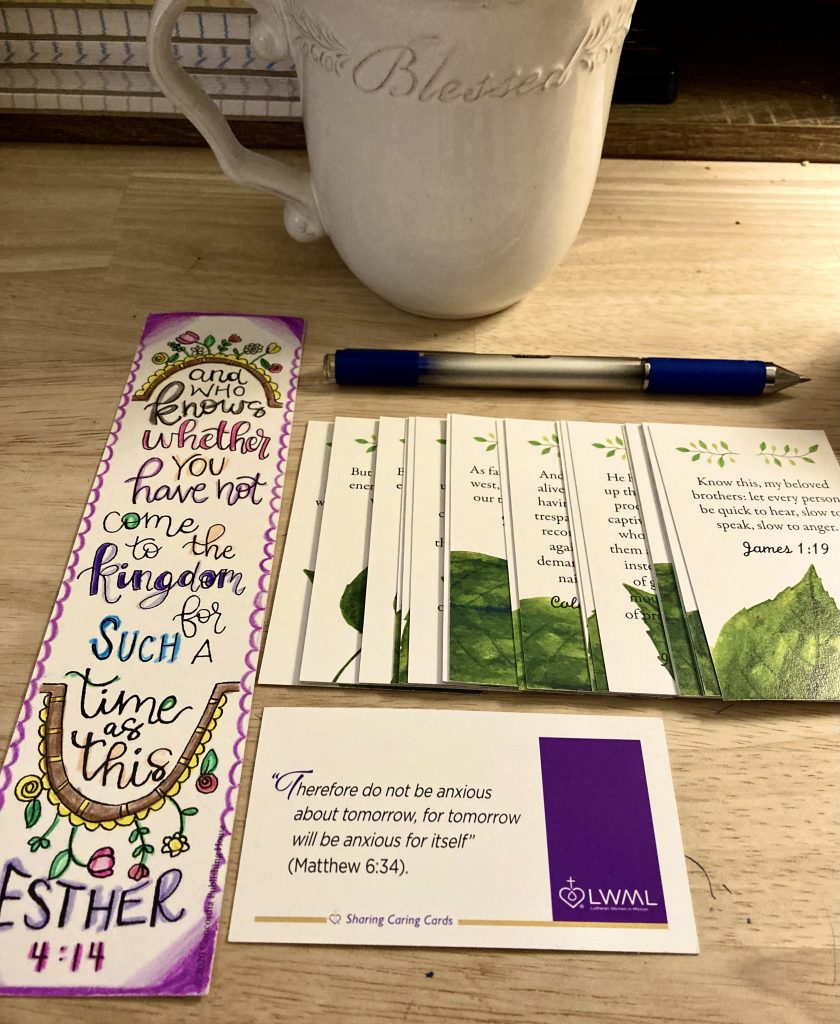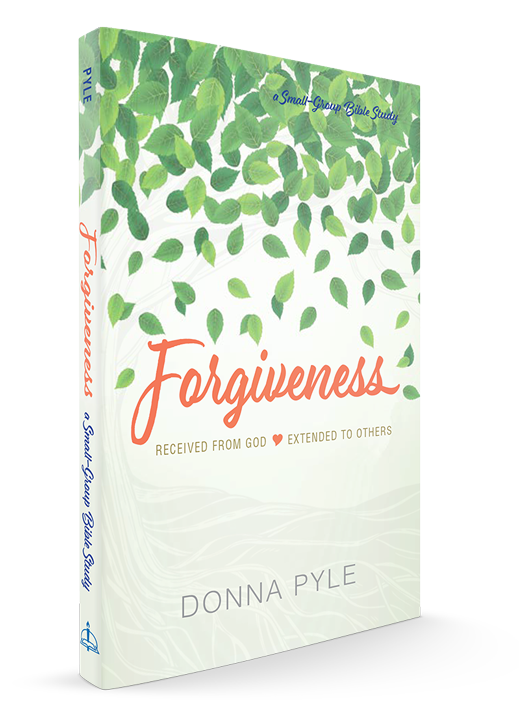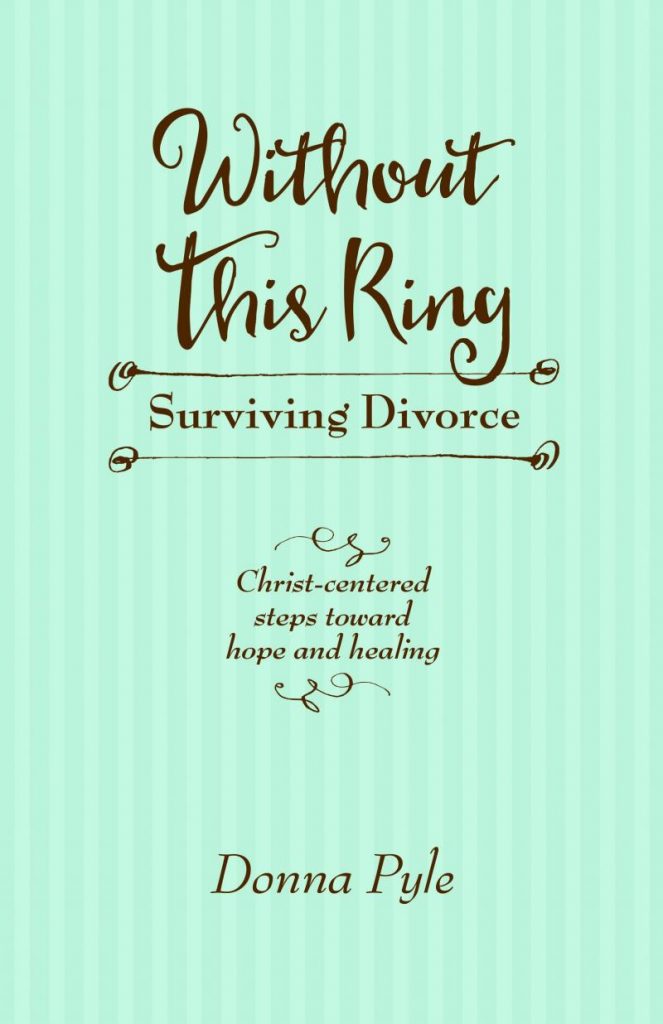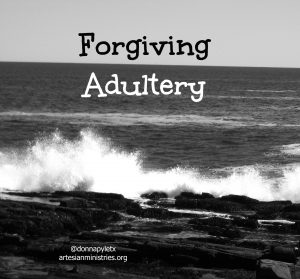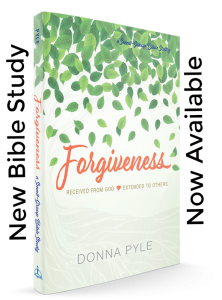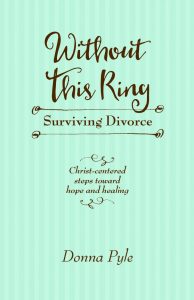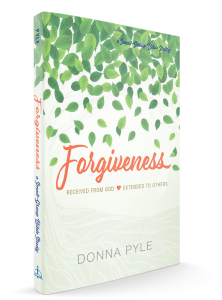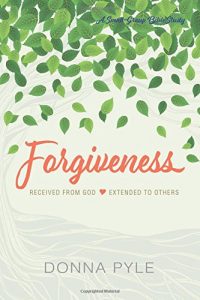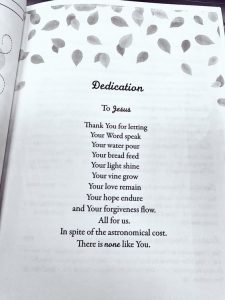What is the significance of Lent? I had no clue for the first two decades of my life. All I had heard was that some people would “give something up” (like chocolate) but I didn’t know why.
Lent is a 40-day spiritual preparation to celebrate Jesus Christ’s resurrection on Easter.
Lent serves as a time to meditate on the suffering that Christ endured on our behalf. It also provides an opportunity to reflect upon our own Baptism and what it means to live as a child of God.
The Lenten season begins on Ash Wednesday and ends at sundown on Maundy Thursday (also called Holy Thursday, one day before Good Friday).
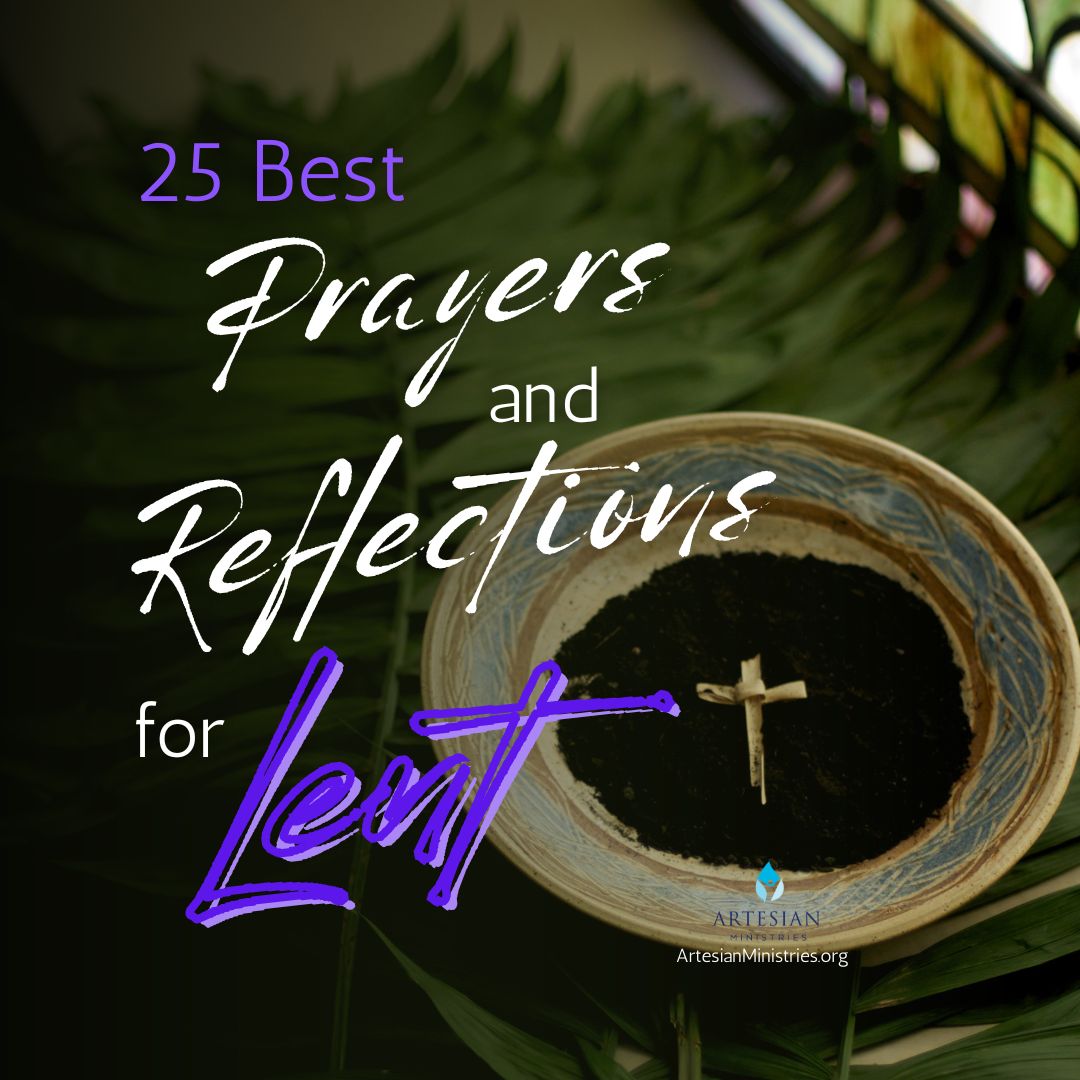
Lent in the Church
As in the early Church up to today, there are observances in the United States and around the world when we remember Jesus’ birth, baptism, death, resurrection, and ascension. Why? Because we would not have the hope of eternal life without Jesus.
Each of those Church observances includes a time set aside to prepare for the major events of Jesus’ life, ministry, and the kingdom of God.
Church worship gatherings reflect a more penitential tone during Lent. On the liturgical calendar, purple is the traditional color during Lent since it is often associated with penitence. Some churches offer mid-week penance services or an evening prayer time.
The word “alleluia” is usually omitted from the Church’s liturgy. Alleluia is a joy-filled phrase meaning “Praise the Lord.” Easter ushers in the alleluias which sets Lent distinctly apart from the rest of the year.
The Church’s décor usually reflects a more somber tone, as well, which creates a powerful contrast with the jubilant celebration of Jesus’ resurrection.

Lent Daily Practices
Lent includes a more reflective and penitential time. It offers time for a good examination of conscience with open hearts to see whether our lives truly reflect Jesus’ love that honors His sacrifice.
Personally, each day during Lent includes a time of silence, a good and honest confession time, and saying the Lord’s prayer.
I spend time re-reading the four Gospels to keep Jesus’ teachings fresh about how He interacted with people. He spent much time with His Father in prayer. I also offer prayers of praise that our true home in heaven has been secured by Jesus.
Throughout the day I pause for times of silent prayer to reflect on the mercy of God, Jesus’ perfect ways, and how I can show His love to others.
Interestingly, I find myself listening more closely to those around me and what is going on in their lives. Even though Lent represents a short time in the year it is spiritually very powerful.

Lent Begins on Ash Wednesday
Ash Wednesday sets the spiritual stage to walk through the next forty days of Lent.
There is no requirement to give up anything for Lent (like chocolate, shopping, etc.). However, if you do, the idea is that everything you think about the thing you gave up you pray instead.
These prompts are designed to set your mind on Christ, including words of assurance and time of confession.
I pray that these 25 prompts for prayers of confession go a long way to prepare your hearts and minds.

Free Bible Study for Lent
I have written a four-week Bible study called “The Stripes That Healed.” It is based on Isaiah 53:5, which is perfect for Lent:
“But he was pierced for our transgressions; he was crushed for our iniquities; upon him was the chastisement that brought us peace, and with his wounds we are healed” (Isaiah 53:5).
You can download it free right here.
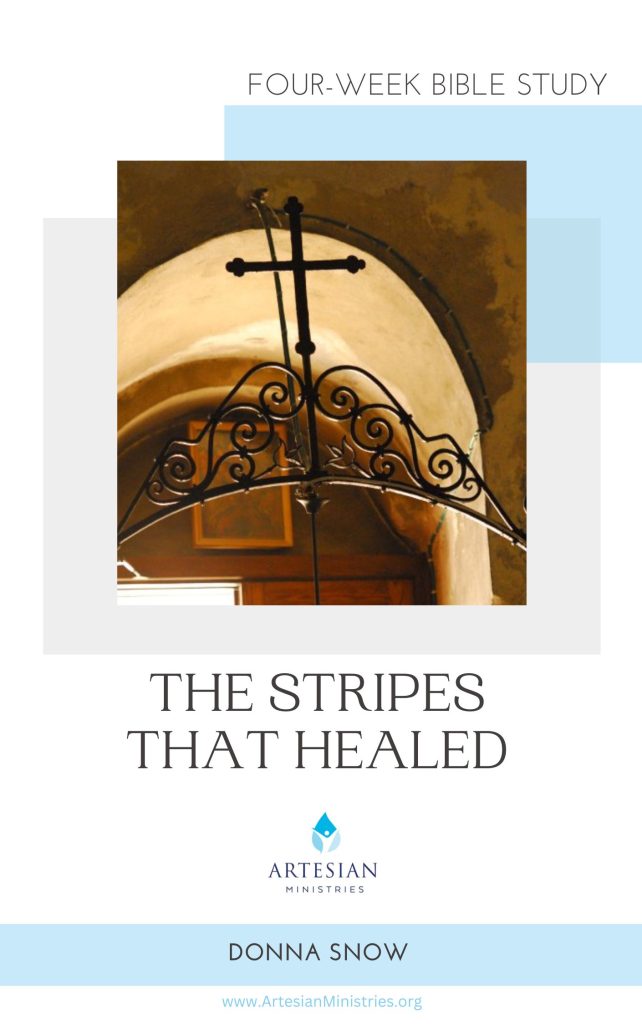
25 Prompts for Prayer and Confession
May these bless you as you draw close to Christ Jesus with your whole heart during Lent.
1. God’s Grace
Prompt: In the season of Lent I prepare to receive the Easter gift of resurrection. I am invited to walk a path of introspection and reflection acknowledging such things as the shadows and light in my life. Trusting in the grace of God, I admit my own sin.
Prayer: Holy God, You know me better than I know myself. You see me clearer than anyone. How impossible it seems that I could even try to hide anything from You! But I do. Sometimes I pretend to be better than I am. I do things I know will hurt others and act as though I am blameless. But I am not. I am complicit, and I am guilty, and I am broken. I ask for Your forgiveness because You love me more than I can imagine. You alone make me whole. This I ask in the name of Jesus, who came to show me the way. Amen.
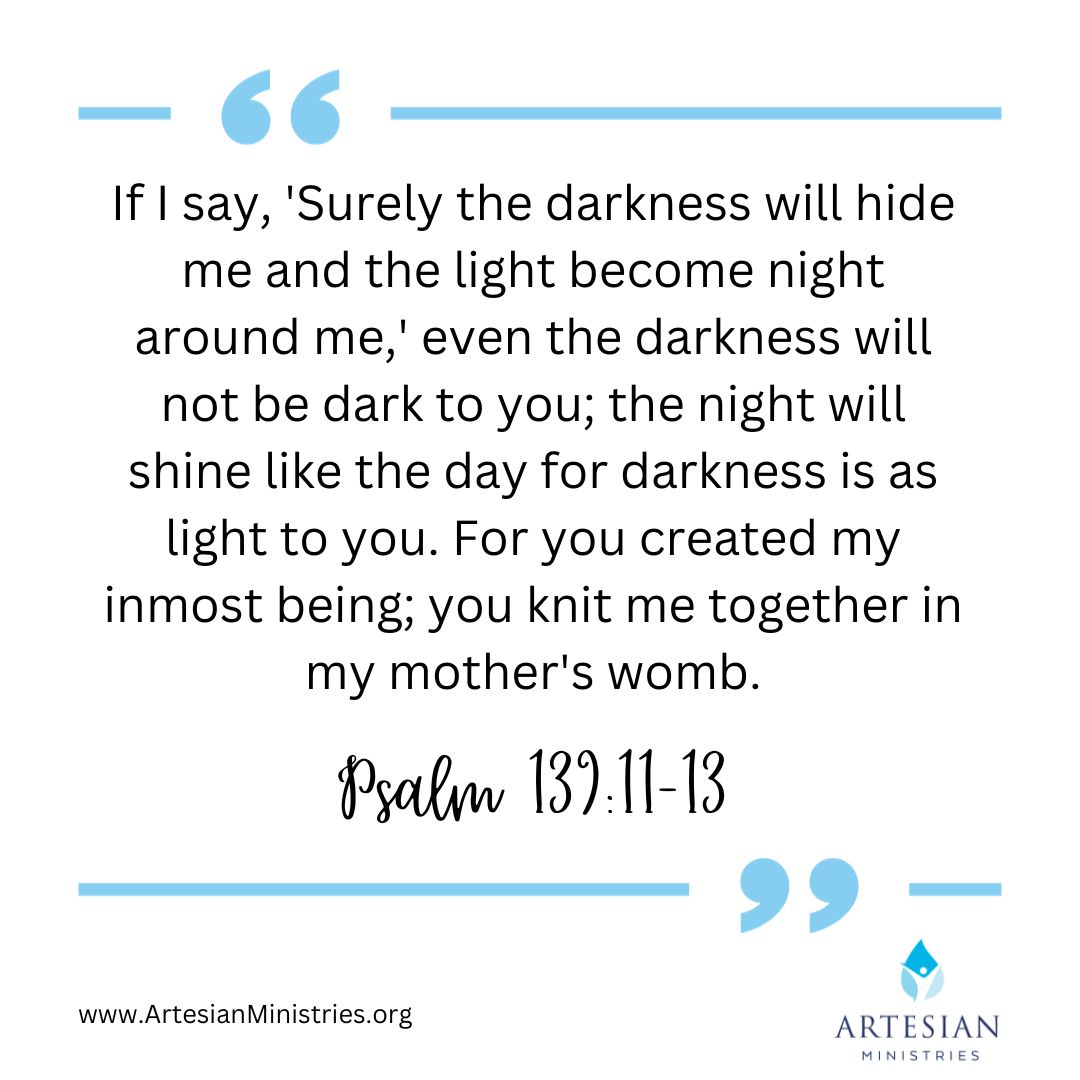
2. Drawing Close
Prompt: I know that You are as close as my next breath. Yet sometimes it feels as if there is a great distance between us. Yet You did not move. I did. So I offer this prayer of confession.
Prayer: Dearest Jesus, when I feel abandoned the distance feels devastating. That distance acts as a force of evil when something conspires against me. That distance is sometimes my foolish choices or my selfish acts. I seek Your forgiveness. Assure me of Your closeness, Your power, and Your mercy. You live inside of me through the power of the Holy Spirit. Remind me of Your closeness today. In Your great mercy I pray, Amen.
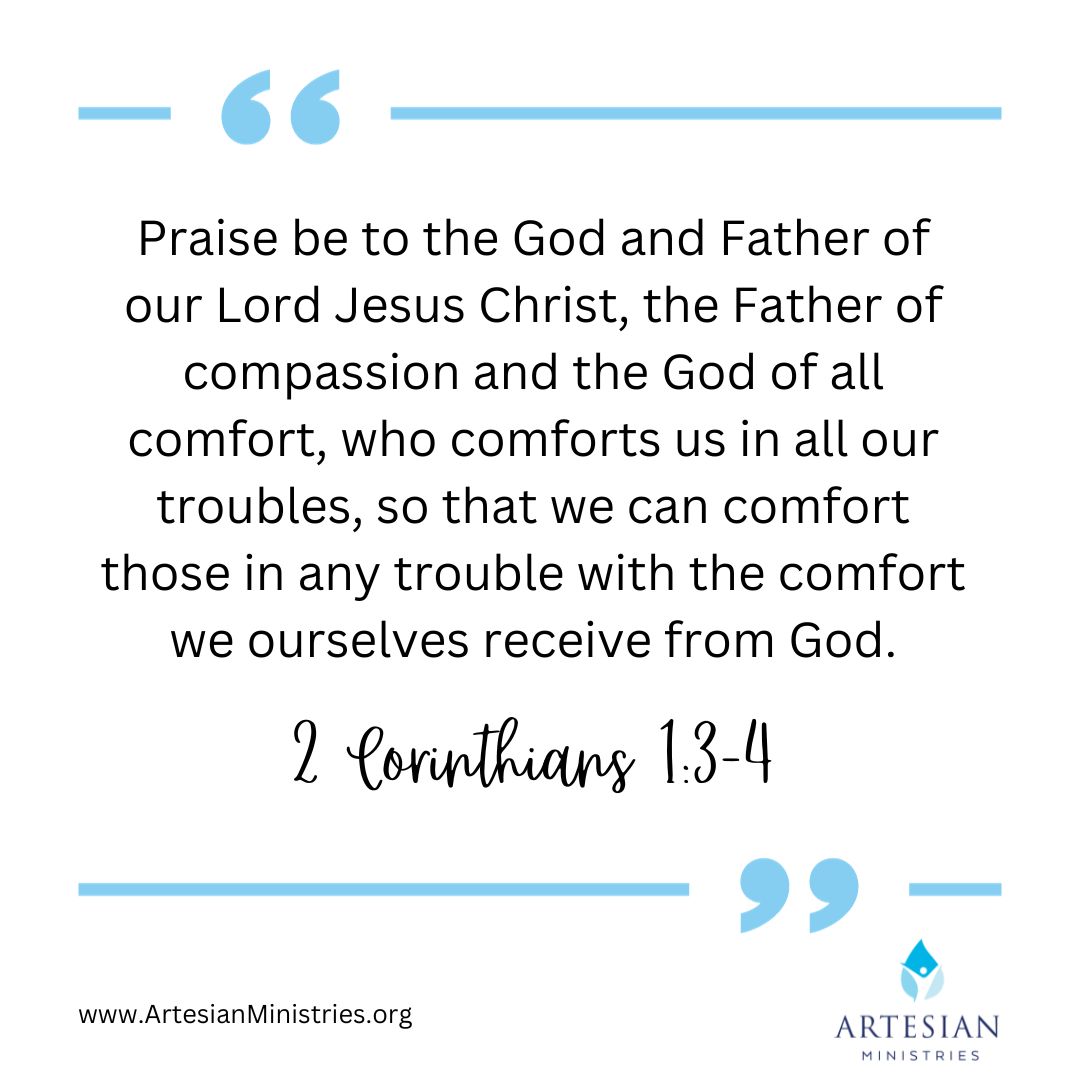
3. Fellowship with God
Prompt: In the beauty of this sacred moment and the fellowship I have with the God of creation, I speak with Him about my life. I confess how I have not followed Him wholeheartedly and how I have faltered. Trusting in God’s grace and mercy, I pray this confession.
Prayer: Merciful God, You sent Jesus to take away the sin of the world. Because of Jesus’ blood shed for me, my sin does not separate us. I do things that hurt other people, the creation, mankind, and You. Reign fully over my life, Lord God. Give me strength and courage to be less hurtful and more loving. These things I pray in the name of Jesus, who set the perfect example. Amen.
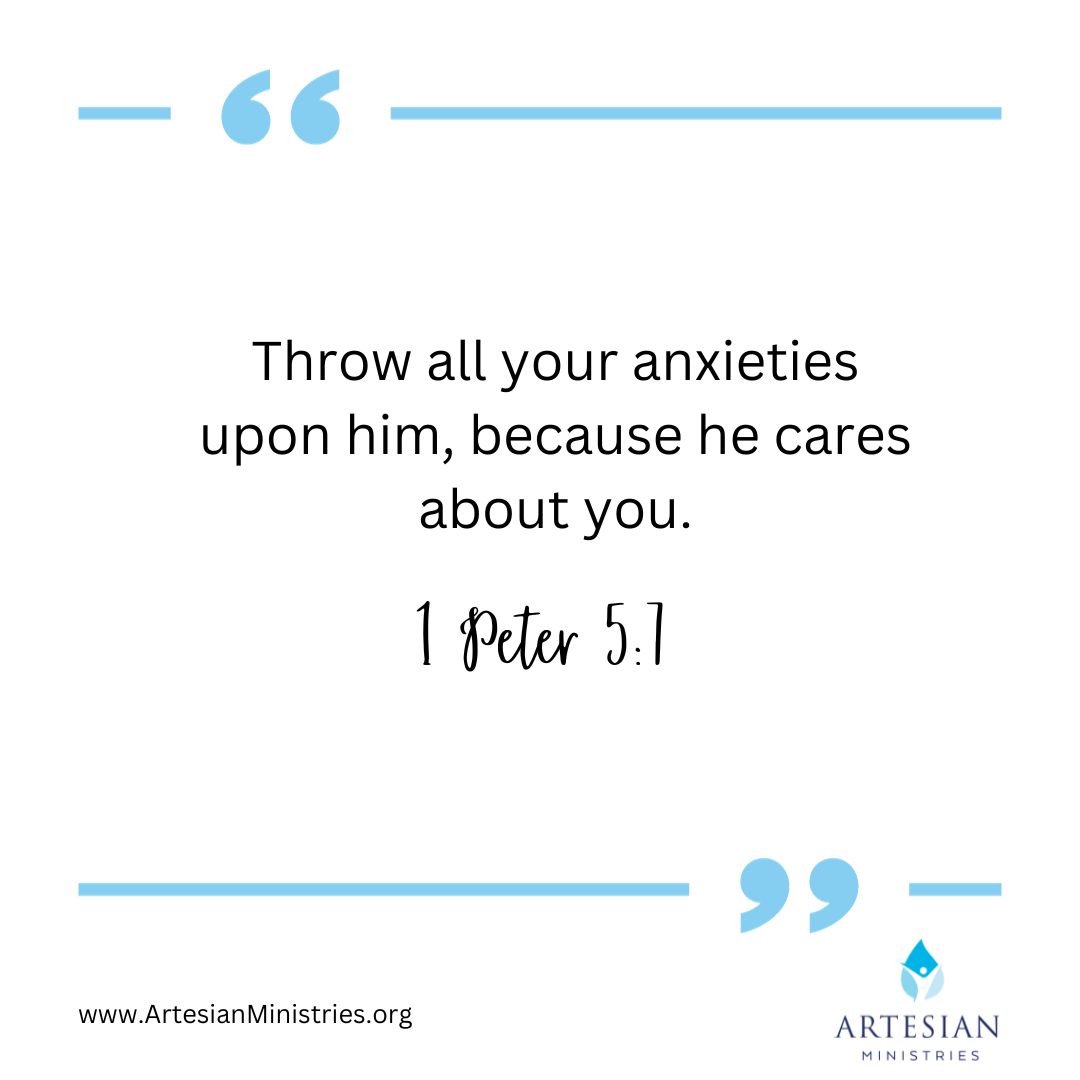
4. Thankful Heart
Prompt: In a world that is always looking for more, remind me to be grateful for what God has already provided. With a thankful heart, I pray.
Prayer: Merciful and loving God: when I am ungrateful, remind me of Your grace. If I am oblivious, open my eyes. When I am harsh, gentle my spirit. If I am apathetic, show me Your suffering children. Should I demean myself, whisper that I am created in Your image. When I lose all hope, show me the empty tomb. Renew a right spirit within me. Shape me and turn me around, so that I will live with blessing and grace and light. In Jesus’ name, Amen.
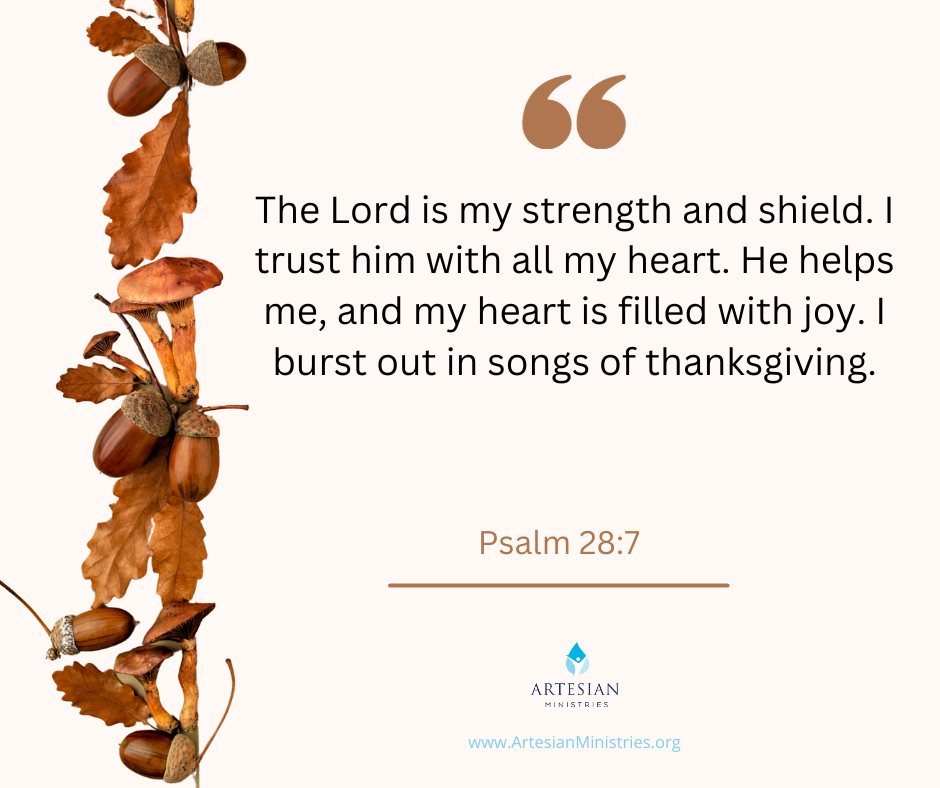
5. Remove Distraction
Prompt: There are so many things that lobby for my attention. Remind me not to get distracted from the purposes God has for my life.
Prayer: God of mercy and love, I know that sometimes I allow myself to be distracted by things that don’t matter all that much. I would rather pursue intellectual arguments than live the Gospel. It seems that I would rather debate my equals than defend the vulnerable. I prefer to think about You instead of getting to know You. Help me, O Christ, to discern what matters to You and to the vulnerable You call me to help. Help me to open up my heart, wide in love and grace, and so be a living example of your Good News. In Christ, I pray. Amen.

6. Guard My Words
Prompt: I come before God in silence and in prayer, to open my heart to my Creator, the One who heals, loves, and forgives.
Prayer: Merciful God, hear my prayer. When I am weary, I do not offer kindness as often as I might. I admit that I do not add beauty to the world apart from You. I pay lip service to the cries of others and sit idly by until the sound fades. Sometimes I get it right, and sometimes I don’t. I ask for Your mercy and grace. I ask for Your help to give me the courage and strength to live as You would have me live. In the name of Jesus Christ, who gave me those qualities and who taught me all I need to know, I pray. Amen.

7. Keep Me From Sin
Prompt: Maybe it’s easier to understand sin as separation: separation from God, separation from others, separation from my identity in Christ. In the midst of separation, God walks toward me, inviting me to walk toward Him. In prayer, let me seek God’s grace.
Prayer: Holy God, sometimes I wander off. I get distracted by shiny things and get lost. Merciful God, You come to find me. Lost and afraid, I become stubborn and intractable. Loving God, You pick me up and brush me off and set my feet on Your right path again. You are the light of the world, so give me eyes past this present darkness. I will wander again, but for the moment, I am safe and forgiven. Keep my feet on Your path to make a difference in this world in Your name. Thank you in Jesus’ name, Amen.

8. Let Me See Those in Need
Prompt: Life is full of good things and full of hard things. I work to cope with the easy and with the sad. Sometimes I try to manage life all by myself apart from God’s guidance. I ignore the pain of someone else and the struggle of another. God calls me to see it all, and to help when I can. Aware of my shortcomings and confident in God’s grace, let me make my confession.
Prayer: Holy God, I am an imperfect person and I need Your love. Forgive me when I ignore Your children who cry out in distress. Lord, forgive me when I choose not to see those who remind me too much of myself. Forgive me when I put rules ahead of people, choose legality over kindness, and judgment that lacks mercy. Enable me to see as You see, the wide vistas open to the possibility of compassion and grace. O God, hear my prayer. Amen.

9. God Knows Me
Prompt: No one knows me better than God. No one loves me more than God. Lord, hear my prayer.
Prayer: Almighty God, You know me. You know my heart, You know my thoughts, You know my actions and human nature. You know my successes and my failures, that which commends me and that which condemns me. I know the good I have done, and how I have fallen short. Draw me close so that the burden of sin would not weigh me down. I pray that I would know you better so that the freedom of your mercy would enable me to fly. Forgive my sins, and restore me to wholeness, I pray. Amen.

10. Trusting God
Prompt: Sometimes I question what God is doing and question whether or not He knows best. Trusting God in all things, I pray this confession.
Prayer: Holy God, hear my prayer. As I walk this spiritual life, I relentlessly question You. You heal someone’s beloved, and I ask, “Why not this one too?” You shower food upon some who hunger, and I complain that my stomach is growling. Forgive me. Forgive me for my doubts and my limited sight. You are the God of justice with the final word. You see the whole thing, not only pieces like me. Open wide before me the expanse of Your grace. Let me feel and share the embrace of Your love. I am in awe of Your healing power. Through Christ, I pray. Amen.

11. The Love of God
Prompt: Even with seven billion people on this planet, God still knows me individually. He does not see me as part of a human blur. He sees my face. With a thankful heart, I pray this confession.
Prayer (based on Psalm 8): Great God of all creation, who am I that you are mindful of me? You set the stars in motion. And You set tides that launch waves crashing against the shore. You know the heights and depths of the world. Why do you bother with me? You count the hairs on my head and call me by name. You give me Your wisdom and You uphold me by Your Spirit. Faithfully, You take perfect care of me. I cannot grasp Your love for me, O God. In your mercy, forgive my shortsightedness and let me lean into the person You created me to be. I pray in the peace of Christ. Amen.
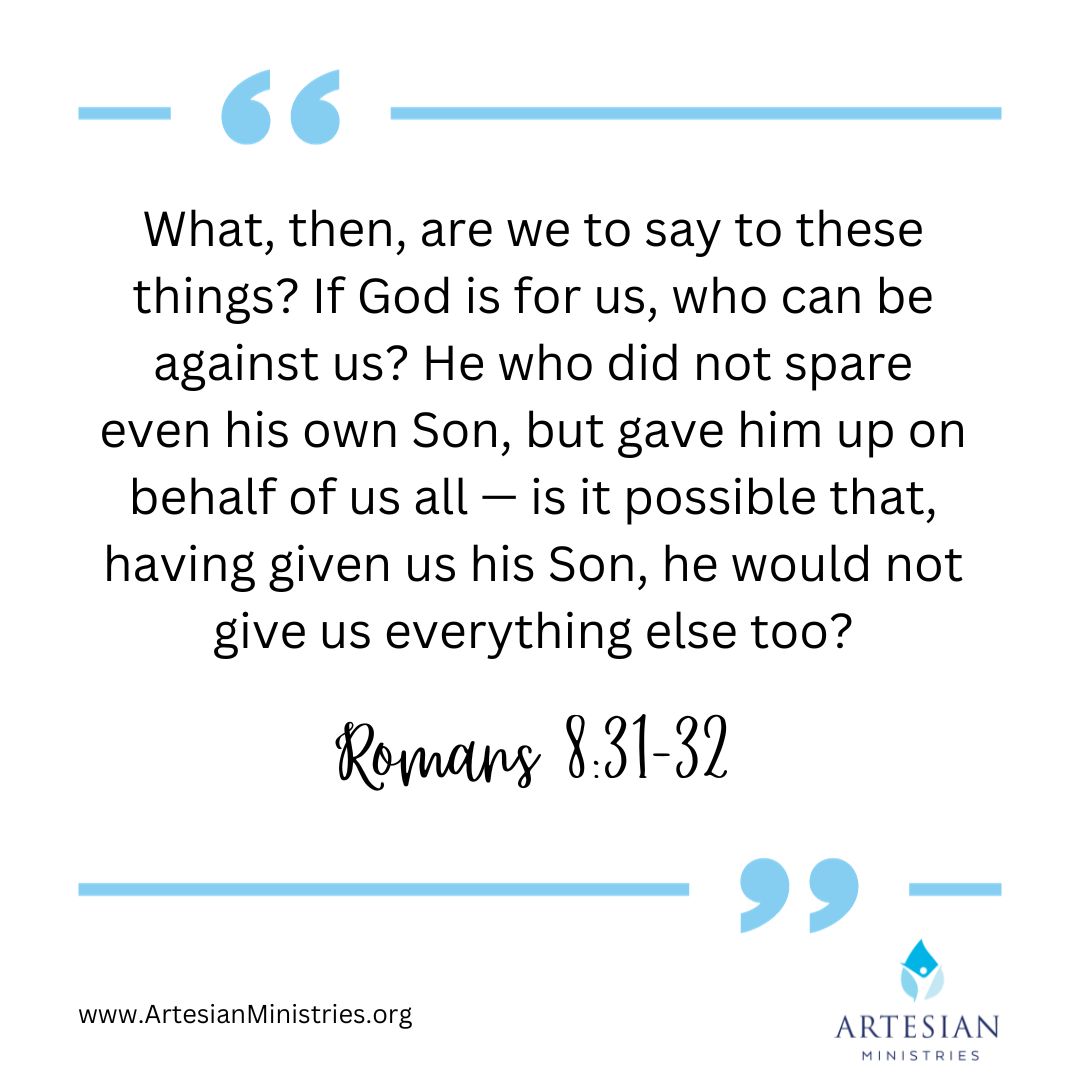
12. Brokenness
Prompt: There is so much brokenness in this world, including my own. I have been hurt and I have hurt others. In hope, I pray this confession.
Prayer: Holy God, hear my prayer. There is pain and there is sorrow, there are broken relationships and broken hearts. Sometimes I am the cause of those things. I have caused pain. I have broken the relationship. Sometimes I am simply a part of them – I am the one who suffers, I am the one who is broken. So I ask for Your forgiveness. I ask for Your healing. Turn me from my former self to a person who reflects Your mercy and grace. I pray in Christ’s name who is my example, Amen.

13. Remember My Purpose
Prompt: My purpose in this life is to shine the light of Jesus into a dark and hurting world. I realize that sometimes I don’t do that very well, so let me make my confession.
Prayer: O God, when I look at You in Your Word and then look at myself, I realize how tiny I am. But I am not so small that my actions are inconsequential. Sometimes a word of thanks brings warmth to a cold heart. A choice to forgive opens up a new future for two people. Sometimes a thoughtless gesture slashes the heart. Sometimes my inaction leaves the world in its sorry state. I ask for your help. I pray that I will not be captive to the wrong I do but changed by the mercy You grant. Amen.

14. Unburden Me
Prompt: I carry around so many unnecessary burdens each day. Releasing them to God frees me emotionally, mentally, and spiritually. To release my burden to the Lord, I pray this confession.
Prayer: Holy God, I carry the burdens of words spoken that I wish I had not. Acts done in anger or pride that I wish I could undo. I hold grudges for a long time, and I do not actively try to reconcile with those from whom I am estranged. Forgive me. Forgive my words and deeds and inactions that cause You and others sorrow. Restore me, renew me, and give me the strength. I pray for the courage and love to be an effective witness to You. In Jesus’ holy name, Amen.

15. Surrendering to God
Prompt: Despite my sorrows and sins I am given light and beauty that comes from God. Trusting in Your unfailing love, let me make my confession during Lent.
Prayer: God of love and mystery, make me whole. Heal the wounds I carry. Let Your love heal the wounds I have created in others. Make me strong in the broken places so that I speak from experience when I tell others that Your mercy and hope are real. Forgive me and enable me to forgive without hesitation. God of love and mystery, make me whole. In Jesus’ name I pray, Amen.

16. A Holy Offering
Prompt: I have come to God with a full heart. A heart that carries sorrow, worry, and guilt. In this sacred time I offer my heart to God, remembering Christ’s invitation that all who are weary and carrying heavy burdens may come to Him. Trusting in that love, let me make my confession.
Prayer: Holy God, I offer You my life. That the good I have done will build up Your children, and not my ego. I pray that the harm I have caused will lead me to confession and atonement. That the anxiety that eats at me will be transformed into trust. That the hope You give will multiply and leaven the world like yeast. Righteous God, hear me, forgive me, reshape me, and love me, I pray. Amen.

17. Look to the Light
Prompt: The troubles in the world around me and in my own life lead me to dark places. Unrest and division in the world trouble me greatly. I want to live in the light of Christ, so I make this confession.
Prayer: Holy God, I admit to You that all is not right. In my heart and in this world, there is much darkness. Father, let Your light shine into the darkness of sinful eyes. Let me see what You have mended rather than what is broken. I long to praise rather than criticize. Let my focus rest on You and not self-interests during this season of Lent. Turn my eyes onto You. Let me experience and share Your grace, healing, and love. This I pray in the strong name of Jesus. Amen.
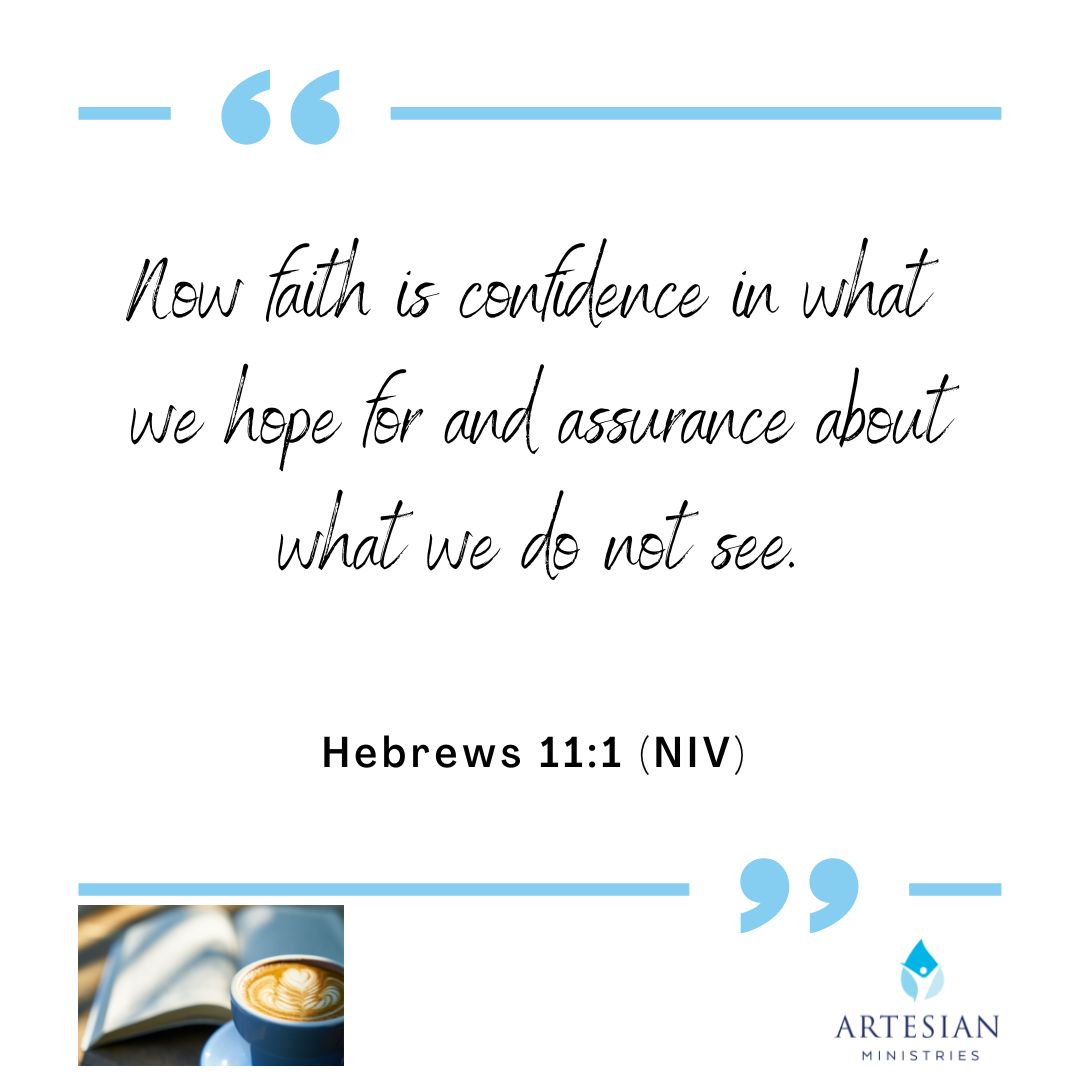
18. I Am Loved
Prompt: I can be so hard on myself. Some days I feel very unlovable. But that does not line up with who You say that I am, so I pray this confession during Lent.
Prayer: Holy God, remind me that I am loved when I find myself unlovable. Remind me that there is hope when all I see around me causes despair. You sent the Prince of Peace when war and violence threaten. Remind me that You are the merciful judge when injustice seems to prevail. You give me all I need to do Your work in the world. Remind me that with the help of Your grace, I can be graceful to others. I confess my doubt. Give me the strong faith to trust in Your love. Amen.

19. A Call to Mercy
Prompt: The call to confession is always a call to experience God’s mercy. In admitting the truth to my loving Creator, I open myself to the mercy of God’s grace and healing. Trusting in that divine love, let me pray.
Prayer: Gracious God, when I hear bad news reports around the world it feels as if I am in the middle of a bad dream. There is so much heartache and brokenness in this world. Let me not simply turn over and go back to sleep, ignoring the plight of Your children. It is hard to see tragedy and suffering. It is hard to admit my responsibility as part of the heartache. It’s hard to work for the good when the good seems so far off. So help me, dear Lord. Give me the courage to see clearly. Give me the strength to do my part. Grant me the grace to forgive others as You have forgiven me. And give me faith to follow you wholeheartedly. This is my prayer, offered in the name of Christ. Amen.

20. True Faith
Prompt: Faith is more than an intellectual pursuit. Faith is my compass for how I live each day. During this quiet time, I can reflect on how I am living. Does my life reflect Jesus? Mindful of God’s grace and love, let me make my confession.
Prayer: Dear God, have mercy on me for the wrong I have done. Give me the eyes of faith to see people in need. Help me set aside my prejudice and bias. Fill me with a longing to know You better. Forgive me for my lukewarm responses. Kindle in me the passion for Your work. Set me free from doubt and fear. Send me out to shine Your light and love to others. This I pray in the name of Jesus, my leader, my guide, my Savior. Amen.

21. Just Admit It
Prompt: To confess is to admit – to admit something that might make me feel guilty, ashamed, or sad. To confess to God is to await that word of grace, of forgiveness, of hope. Trusting in God’s mercy, let me make my confession.
Prayer: Loving Creator, I admit that I like placing You into neat little boxes. – the God of this, the God of that, the God of these people but not of those people. I admit I make You too small. I admit I try to make You manageable. Forgive my short-sightedness, my self-limitedness, and my stubbornness. Give me the faith to follow You and Your Word wholeheartedly. Let me embrace the joy of being dearly loved by You. In Christ, I pray, Amen.

22. Lay Down Burdens
Prompt: The call to confess is the call to lay down the burdens I carry. Guilt, judgment, and unkindness are heavy, indeed. I lay my burdens down at the foot of the Cross. Trusting in the mercy and love of God, let me pray.
Prayer: Savior, like a shepherd lead me; much I need Thy tender care. Forgive me for the wrong I know I have done: my neglect of the vulnerable; my misuse of Your gifts; my hoarding of things I am called to share. Forgive me for failing to do good, offering grace to the imperfect; forgiving those who have hurt me; seeing the good that surrounds me. Turn me away from that which harms, and turn me to You, the only One who heals. Amen.
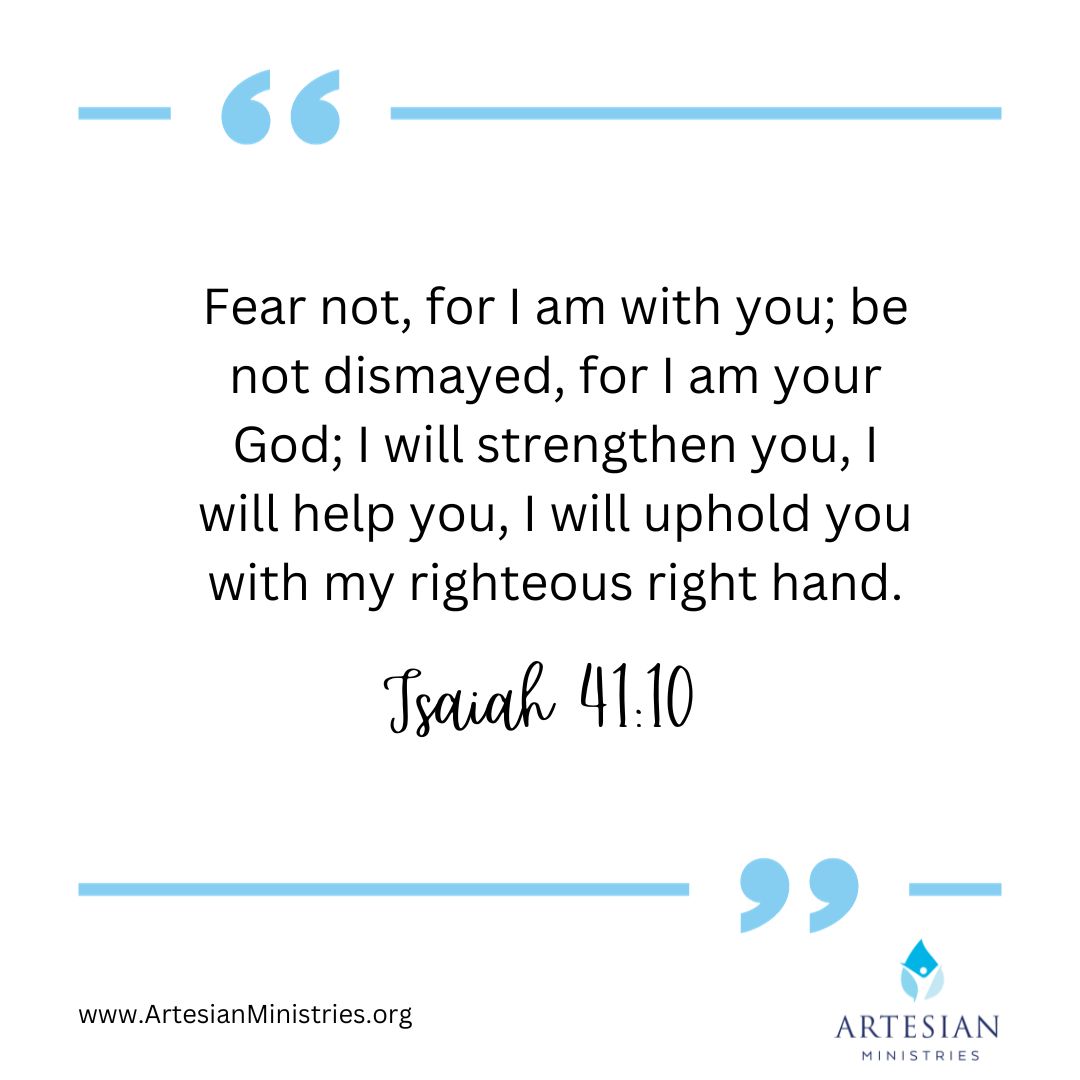
23. Forgive Me
Prompt: There are days when I hurt people that I love. I blame my busy schedule or impatient nature, but I know that I hurt others when my mind is not focused on the Lord. In my confession, hear my prayer.
Prayer: Holy God, I know when I have hurt another. I know when I have acted against Your rule of love. When I have neglected to do something that would help another person or help the world. I know that I sin and come before You in true repentance. I also know that You love me, forgive me, and call me to forgive others. So enable me in all of this to be Your servant in service and mission. In Jesus’ name, Amen.

24. Being Like Christ
Prompt: So often I do not act like Jesus. There are times when I do not respond to others with love and respect. As I open my heart, hear my prayer of confession.
Prayer: Holy and wonderful God, hear my prayer. You alone enable me to be different – less judging, less selfish, less greedy; more hopeful, more graceful, more trusting. I would be different if I opened my heart to Your cleansing. If I opened my hands for You to direct them. If I would relinquish control of my feet to follow You. Through the power of the Holy Spirit, loosen my grip and remake me in Your image. In Jesus’ name, Amen.

25. Confession
Prompt: To confess to God is to do something holy – opening myself to the light and healing of the divine. Trusting in God’s grace and mercy, let me confess.
Prayer: Holy God, forgive me for being prideful. In times when I need you most, I forget how to be humble and how to seek Your help. Forgive me for being so smug and anxious. I admit that I am not in control of my own life. You are. And You know what is best for me. Forgive me and enable me to be who You created me to be. This I pray in Jesus’ strong name, Amen.

My Prayer for You
As you and I eat this daily bread of confession and repentance until Good Friday, I pray that our Heavenly Father breathes new life into your soul with His steadfast love. That He reminds you of the joy of your salvation.
Our merciful Father gives you a clean heart as you approach the foot of the Cross each day along this Lenten journey.
This season of repentance and mindful silent confession reminds us how great the love of God truly is as He gives us new eyes leading up to Holy Week.
With a collective humble heart, we utter a unison prayer of confession for the forgiveness of sins. We wait to celebrate the glorious resurrection of our Lord Jesus Christ on Easter Sunday. Amen.
Related Posts:
- 10 Powerful Prayers for Repentance and Restoration
- Warriors in the Bible: 13 Essential Life Lessons to Learn
- What Does the Bible Say About Forgive and Forget?
About the Author
Donna is a sought-after speaker, multi-published author, and Bible teacher. Her path from being unchurched to becoming passionate about sharing Jesus was not easy. Read her God-breathed journey: “From Unchurched to Becoming a Multi-Published Author and Sought-After Speaker.” If you want to send Donna a quick message, then visit her here.
{Some of these links are affiliate links. This means if you purchase through that link, the ministry may receive a small commission at no extra cost to you. Thank you for your support!}

